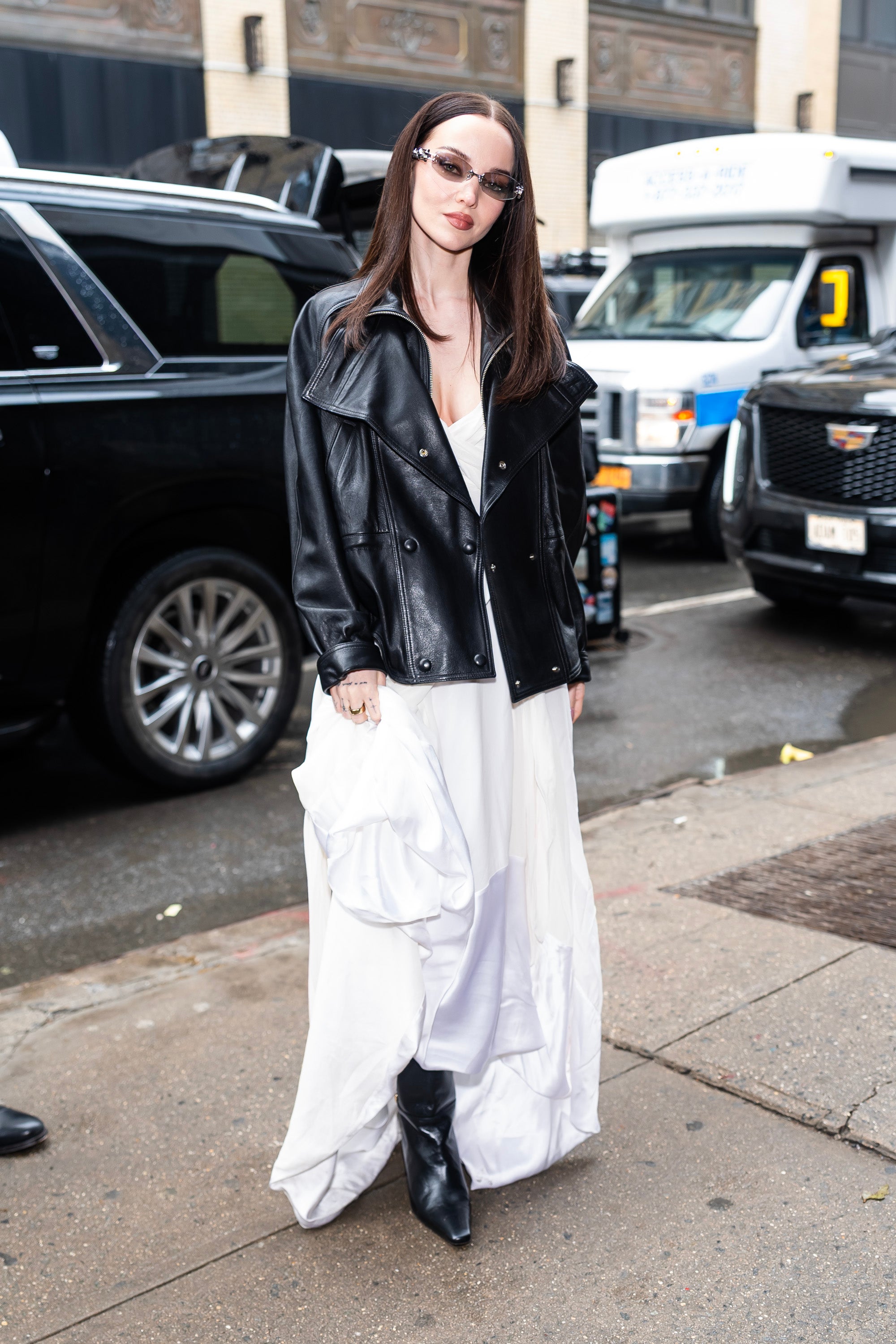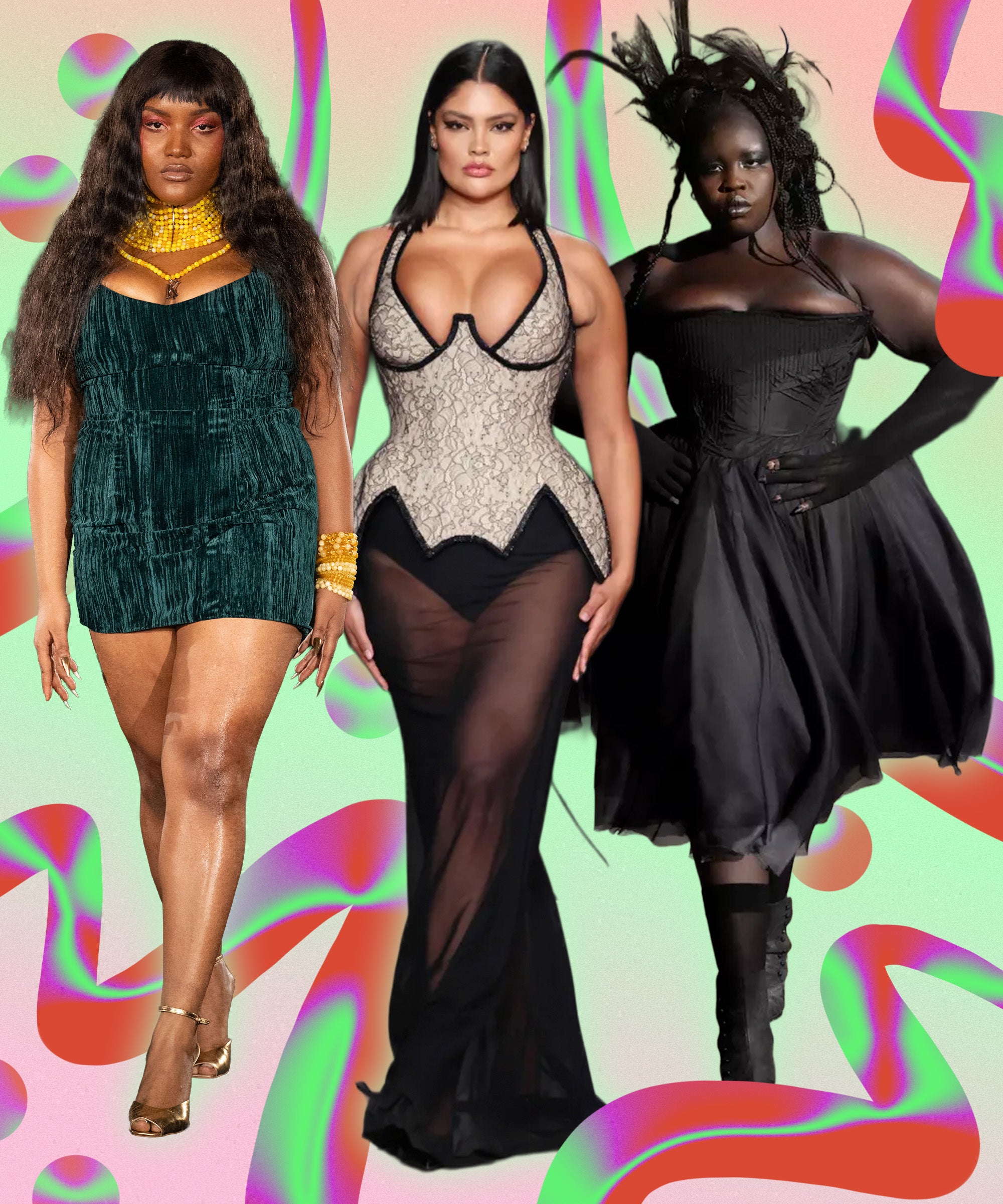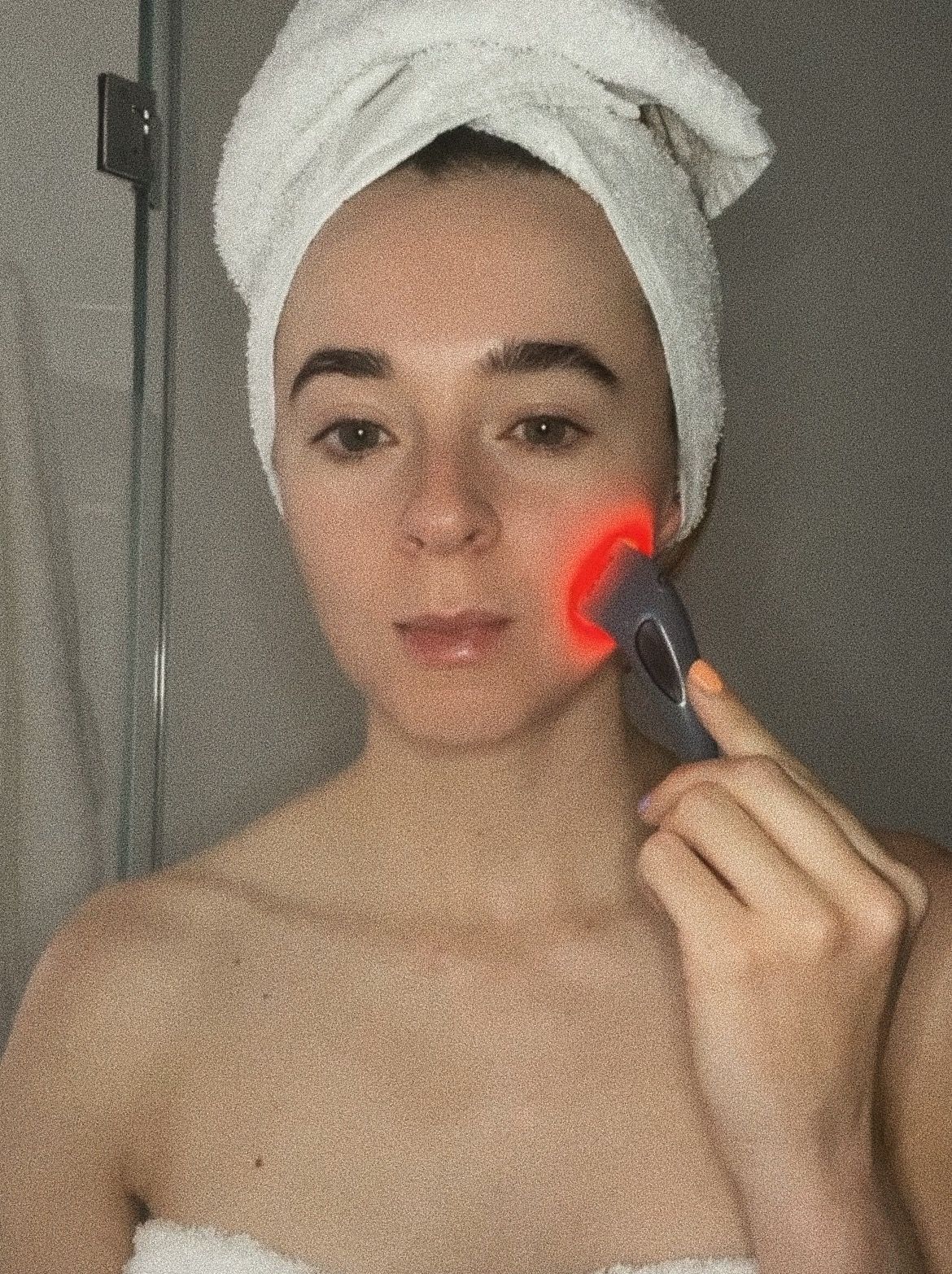
It used to be that skincare was a trend unto itself, but in a few years, skincare has become the fastest-growing category in beauty, spawning micro-trends and innovations that bridge the gaps between skincare and wellness, makeup, and technology. No longer is your skincare routine just a daily necessity; instead it’s an opportunity to indulge in self-care, absorb information, and explore innovation.
Even if you consider yourself resistant to trends and prefer to stick to what you know, it’s hard to ignore the hype of products that achieve TikTok virality or to bypass wider cultural shifts that influence everything from the ingredients in your skincare products to the packaging they’re made from. Indeed, all you have to do is take one look at your friends’ bathroom shelves or your Instagram feed and it’s clear just how much of a moment skincare is having, and every year we see a whole new crop of categories, products, and ingredients rise up.
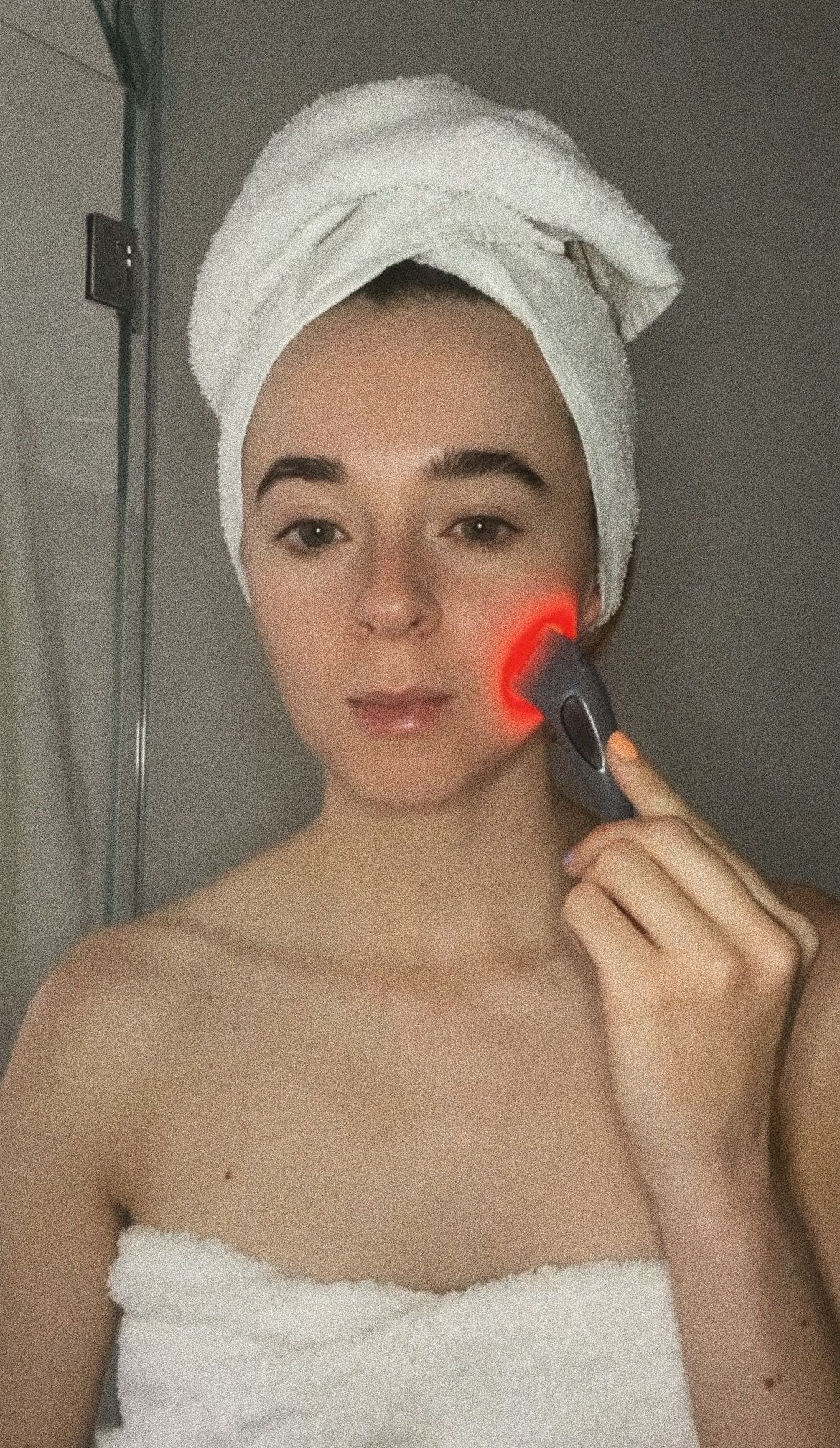
While trends such as slugging, “baby Botox,” and skincare dupes have all been big talking points in over the last year, we’re predicting even more change and innovation in 2023. To find out more, we’ve tapped trend forecasters, dermatologists, aestheticians, and brand founders to share their thoughts on the skincare trends for 2023 that are set to be big news in the next year.
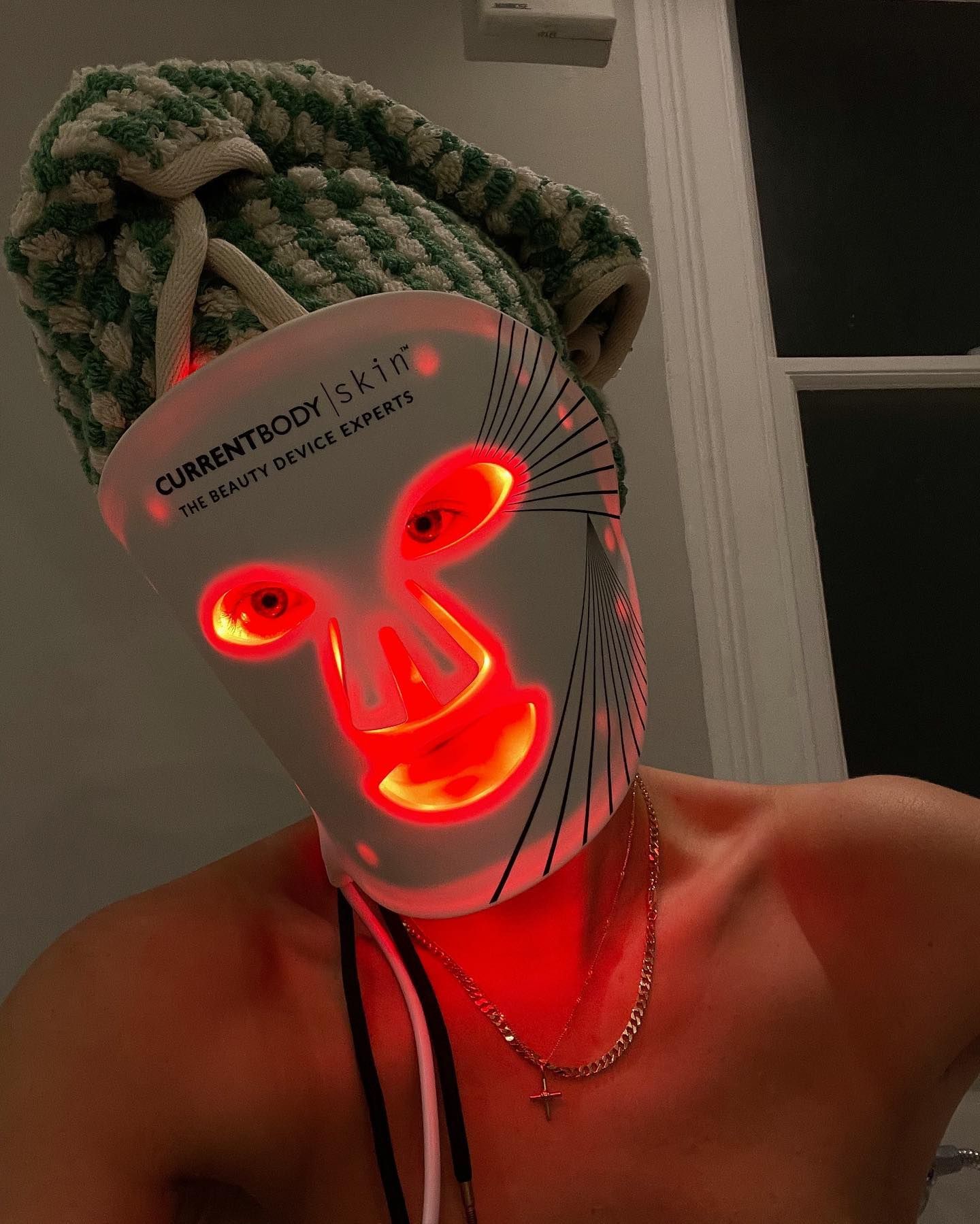
Trend forecasters WGSN recently released their key skincare trends for 2023. Their findings? Tweakments are on the rise. We’re talking noninvasive treatments such as LED facials and skin rejuvenations, as well as “notox” products and devices that help you to replicate the effects of a cosmetic procedure without the cost, pain, and downtime.
“For years, Botox has been our go-to procedure for youthful skin, whereas now we have more options available to us,” says Kristy Lau, medical director at Yuchi Medical. “‘Notox’ tweakments are trending as technology develops, and we have more options than ever before, from medical-grade and personalised skincare serums to radio-frequency skin-tightening treatments.” For those who want to avoid needles or pain, Lau recommends Evoke by InMode, a noninvasive treatment that has the ability to alter the structure of facial tissues, targeting areas of loose skin such as the cheeks and jowls. “It’s a great alternative to Botox and dermal filler, truly unlike anything else on the market right now,” she adds.
The desire for needle-free and affordable alternatives to cosmetic procedures are also driving innovation in new product development, and according to WGSN, products that have instant results have greatest appeal. From plumping creams and skin-lifting devices to de-puffing eye treatments, expect to see a wave of product launches that use innovative technologies and ingredients to give tweakment-like results.
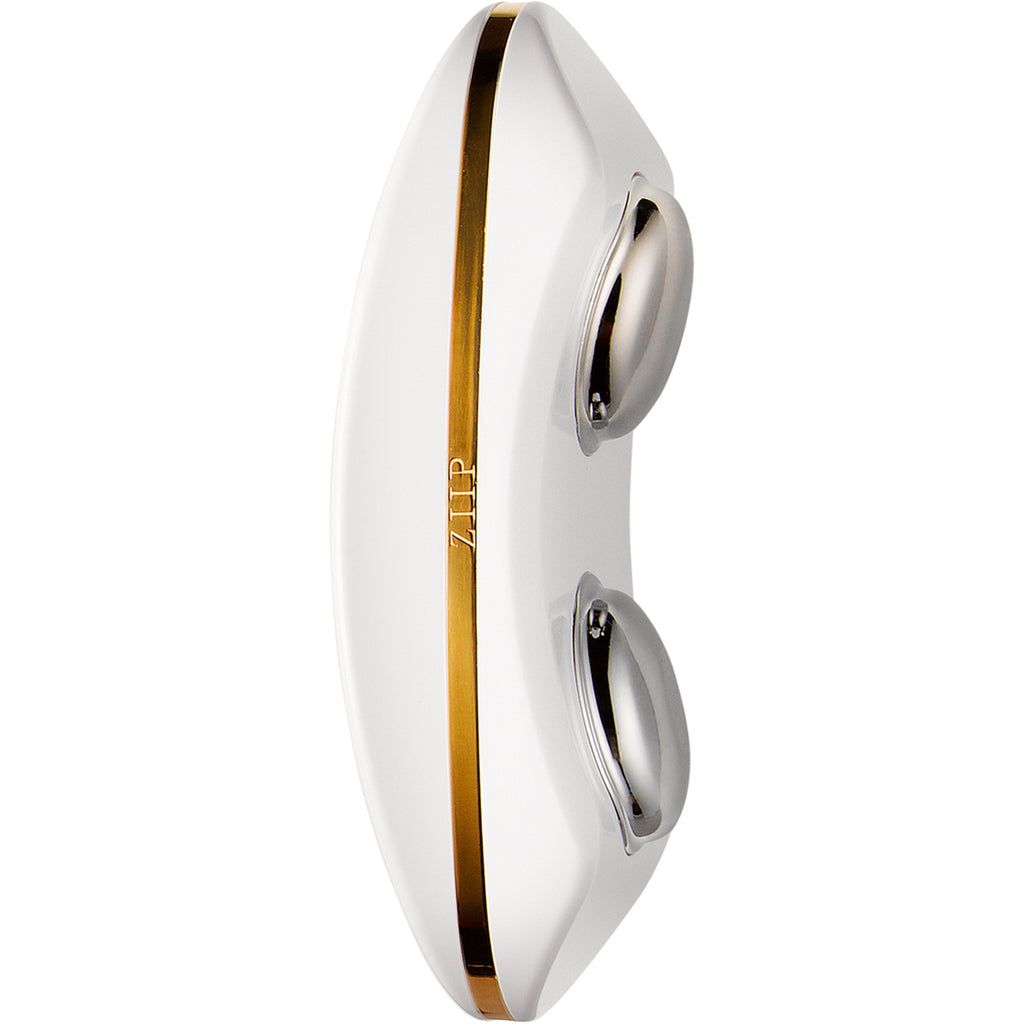
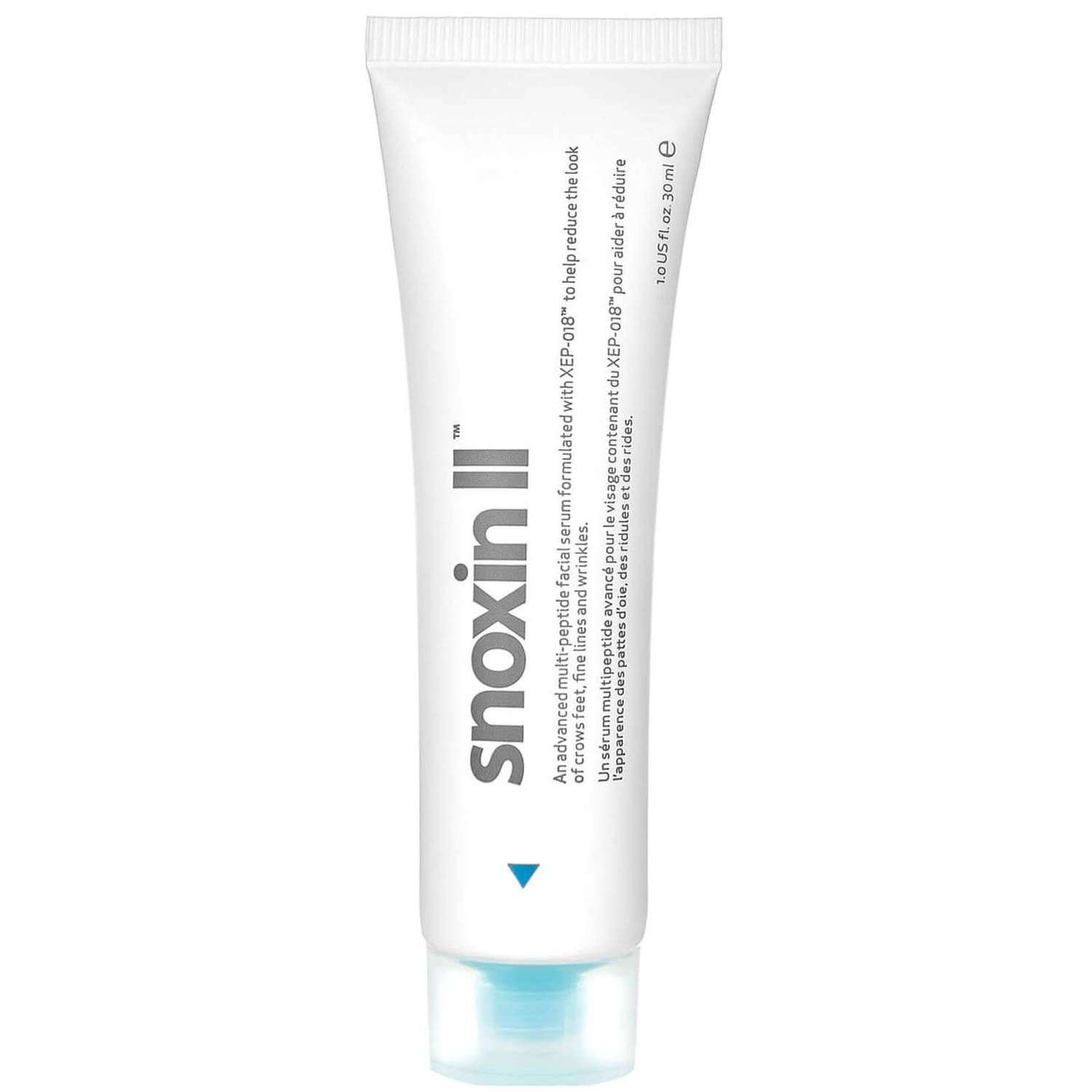
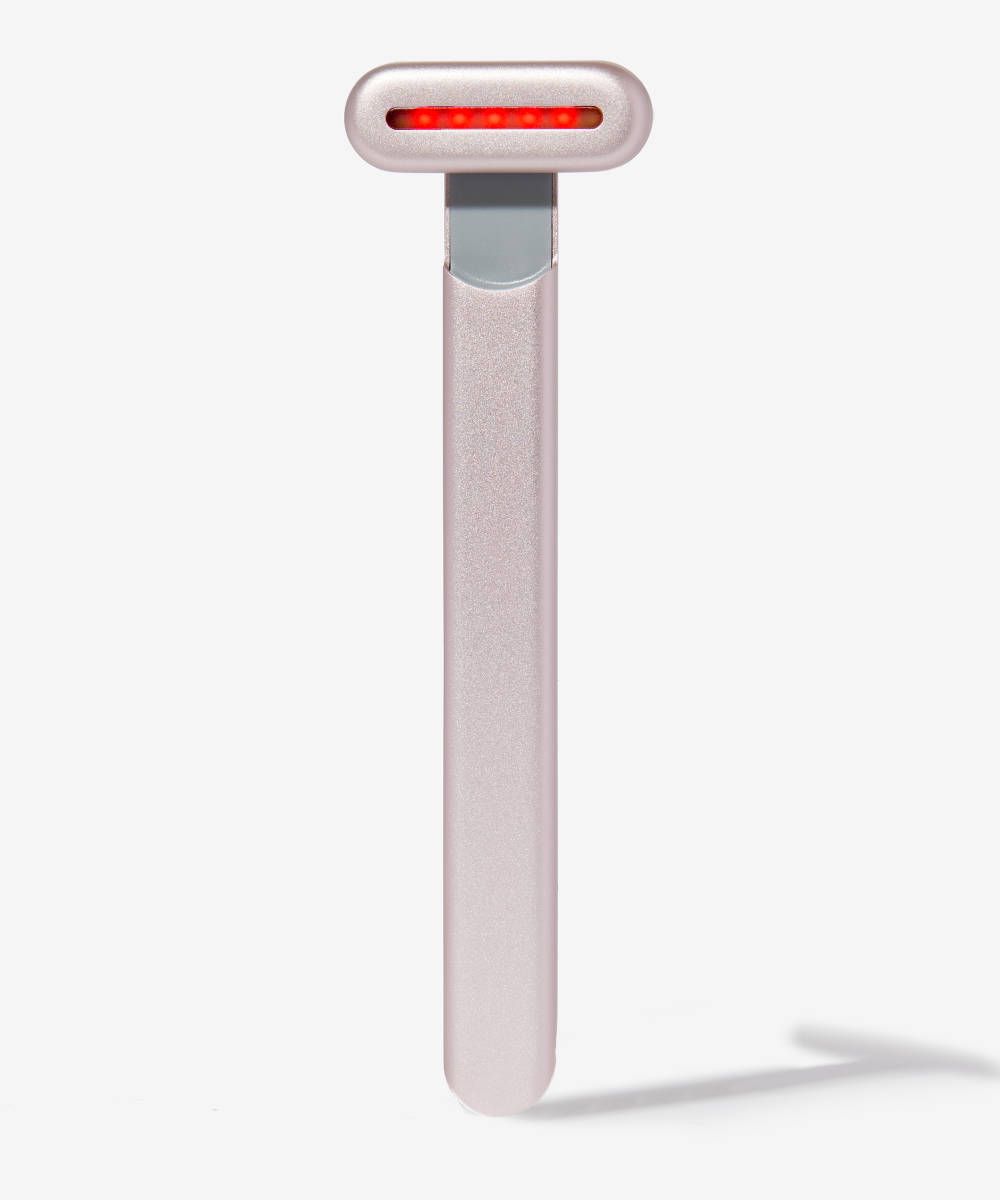
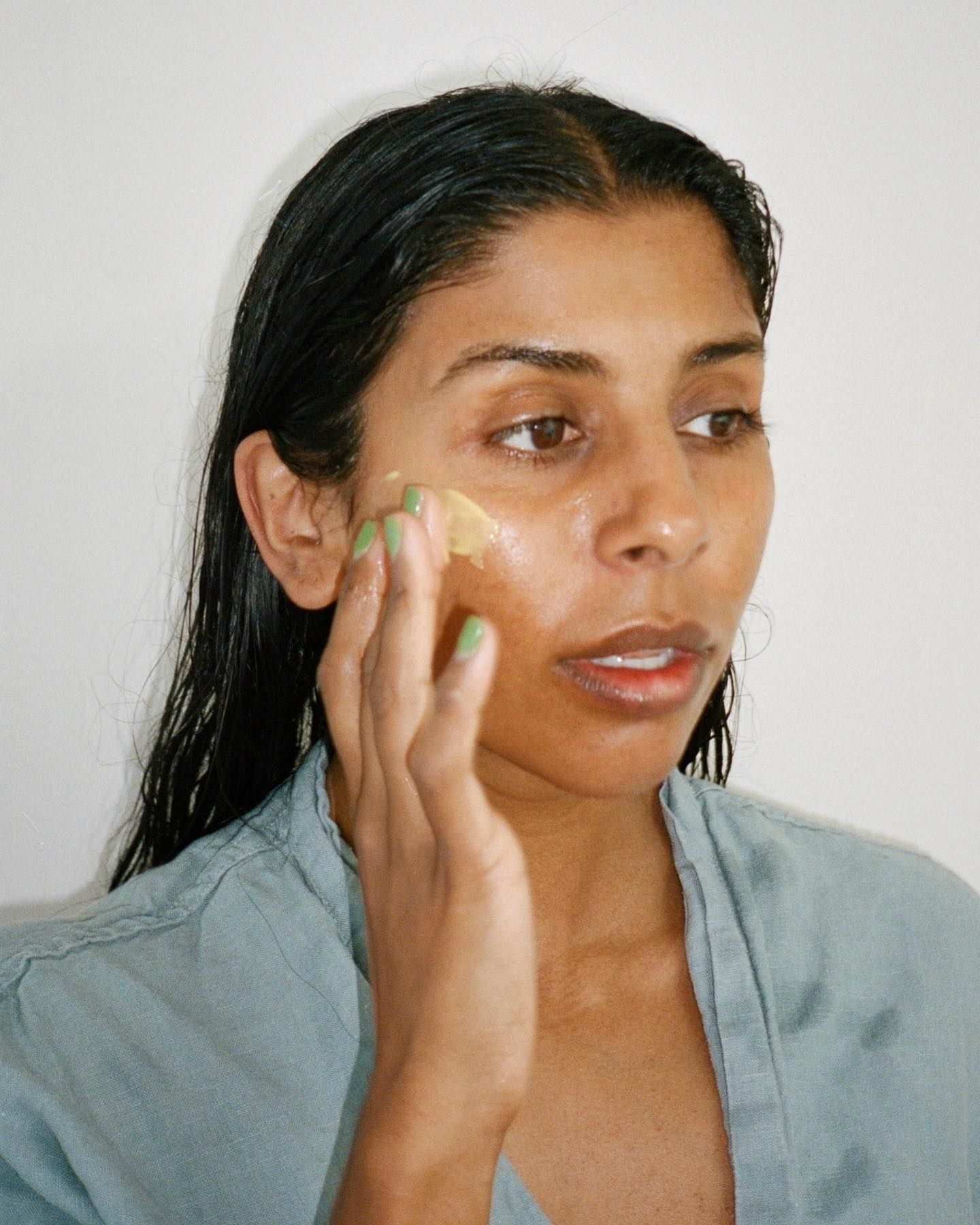
As we head towards the end of 2022 and into 2023, more and more people are seeking ways to make their skincare routine more affordable but without reducing its efficacy. “Understandably, people are conscious of what they are spending, and I think we are going to continue to see people looking for products that can offer a number of skin benefits and be used in more way than one,” says skincare expert and aesthetician Katie Onyejekwe. “Beyond the obvious point of it saving you money, it streamlines your routine, and it reduces both confusion on what to apply and the potential to irritate the skin by using too many products all at the same time.”
From two-in-one formulas and multitasking hybrids to increased education on how to use your products in alternative ways, we’re anticipating a less is more approach to skincare in 2023.
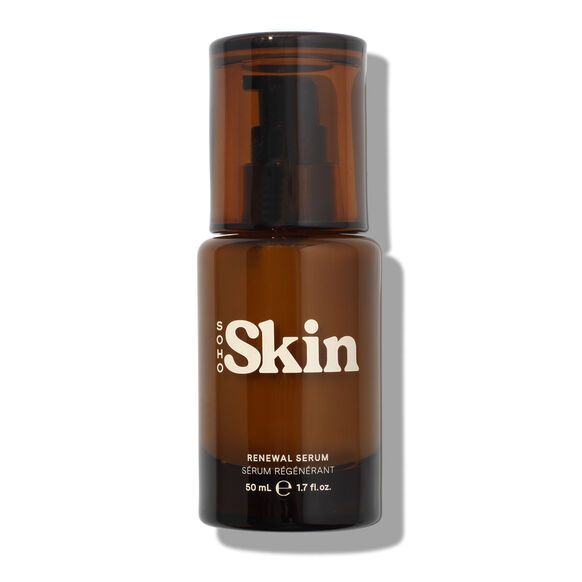
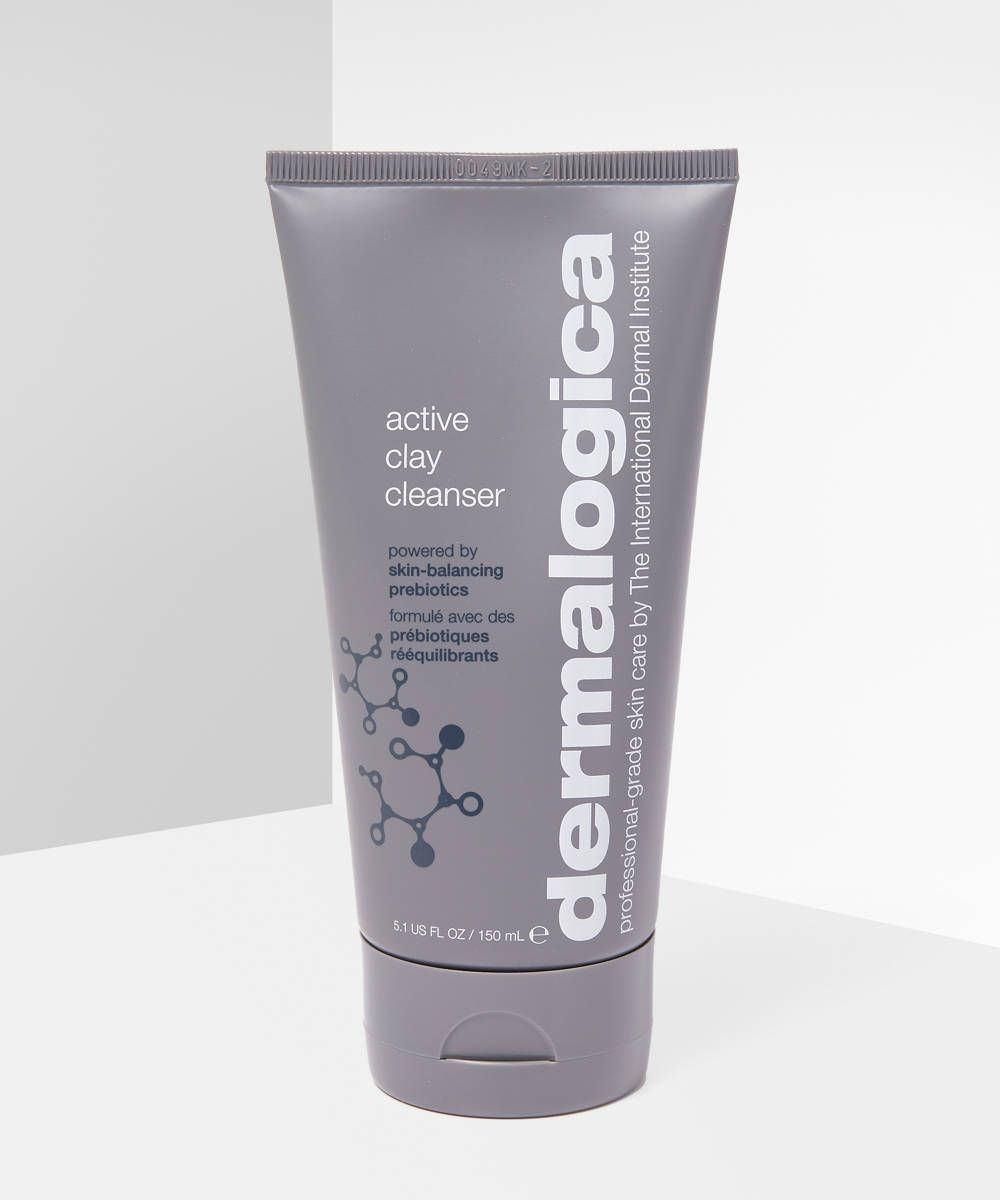
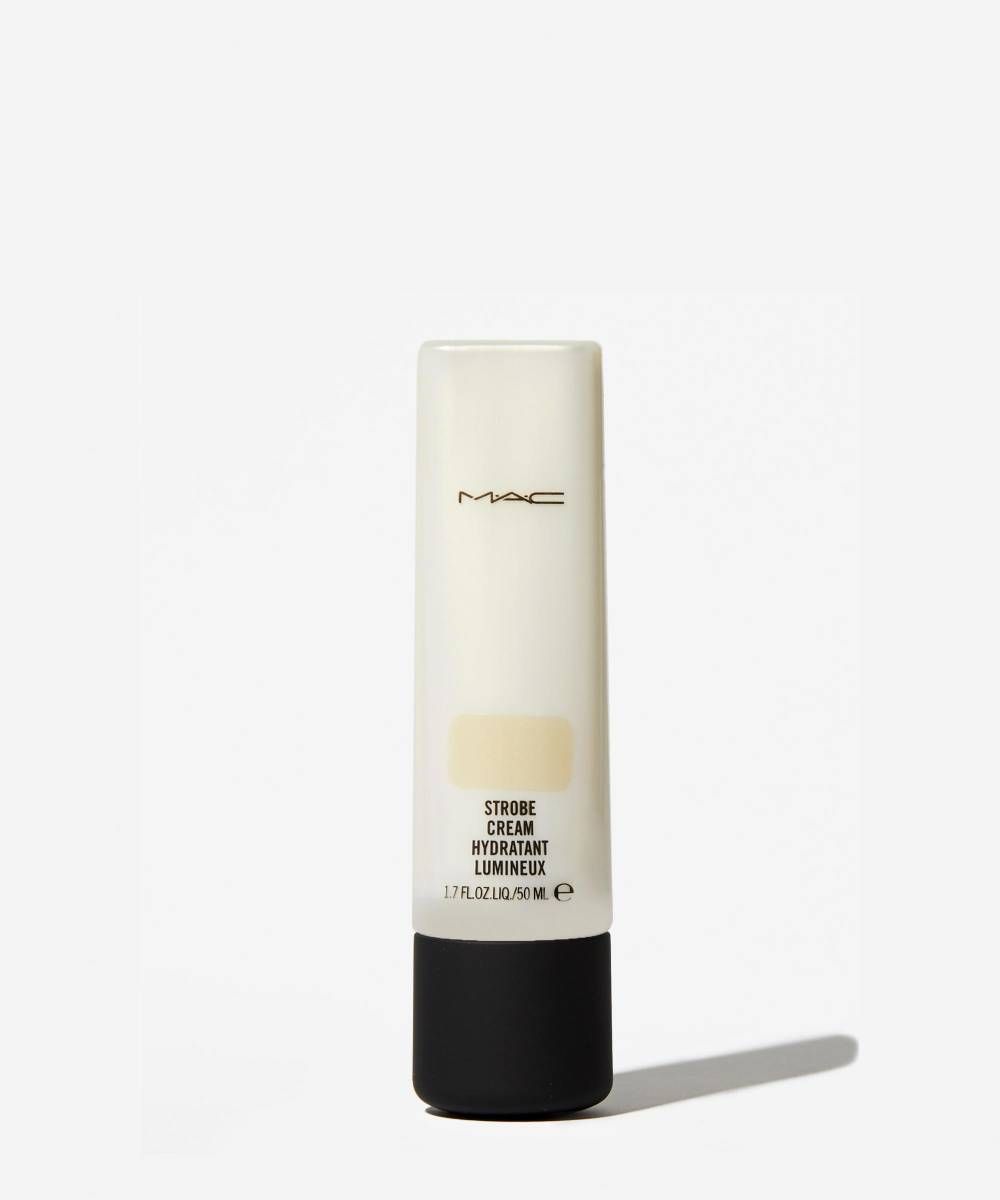
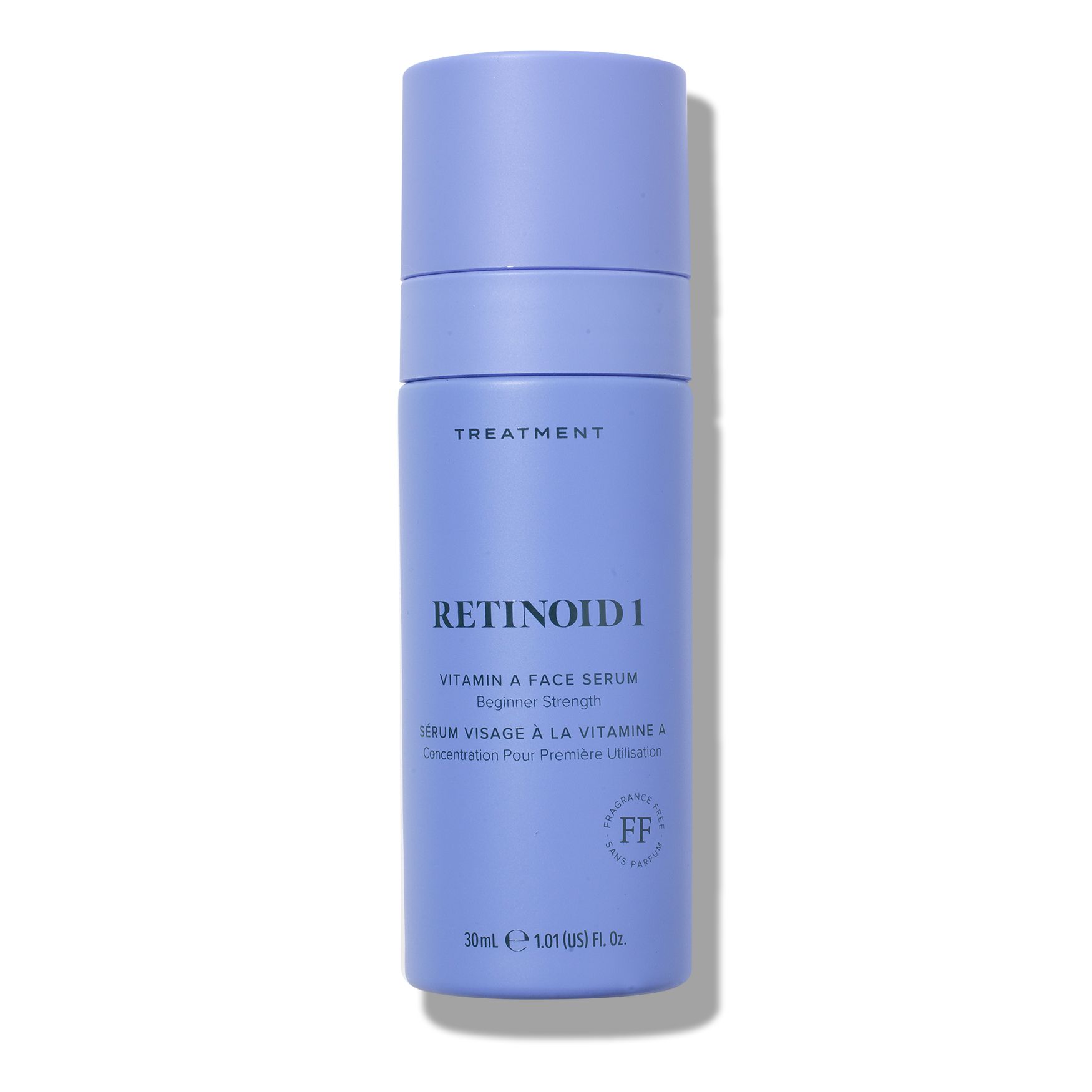
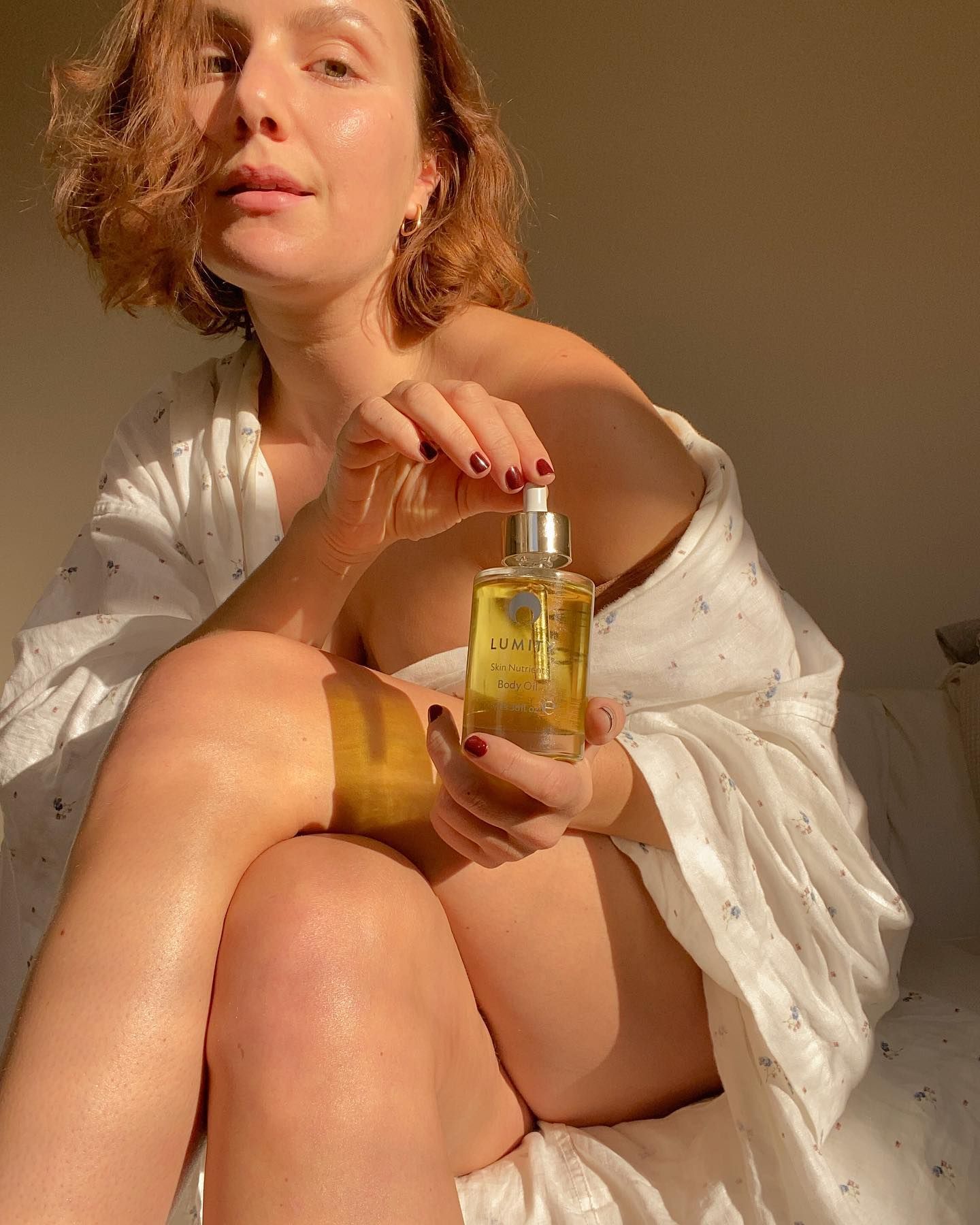
The bodycare category has been booming since the pandemic, but now it’s evolving beyond a “skincare-as-selfcare” mindset and into something much more functional and targeted. Traditionally, the preserve of “medical” over-the-counter brands, previously taboo concerns such as body acne, keratosis pilaris (chicken skin), dermatitis, and pubic care will be tackled head on and given the same treatment that facial skincare concerns have been getting for years.
“I think the interesting thing with this movement is that it’s been completely bottom-up,” says culture and trends analyst Alex Bee. “Built on the foundation of ‘body positivity,’ which has now, quite rightly, morphed into body acceptance, consumers themselves have been demanding that brands start to talk openly about the stuff they actually care about.” Bee predicts an increase in products catering to concerns such as bacne, bloating, oral healthcare, and razor bumps. “Almost every project I’ve worked on this year has an element of these previously ‘taboo’ topics,” she adds. “I would actually say that this is less of a trend and more of a macro behavioural shift, meaning that it’s not going away any time soon.”
Melissa Kenny, senior communications lead at Zitsticka (a brand oriented towards destigmatising taboo skincare concerns) agrees. “Bacne, gut health, and period skin are for sure discussed publicly online with greater transparency than they once were,” she says. “The connectedness and community fostered in online spaces has bred more and more ‘oversharing.’ People want to learn from their peers and give and get advice.” Of course, people have always had these concerns, but the openness with which they’re now discussed has given brands the opportunity to hone in on each individual one, meaning that there’s set to be a lot of innovation in the bodycare space going beyond the basics of exfoliation and moisturising.
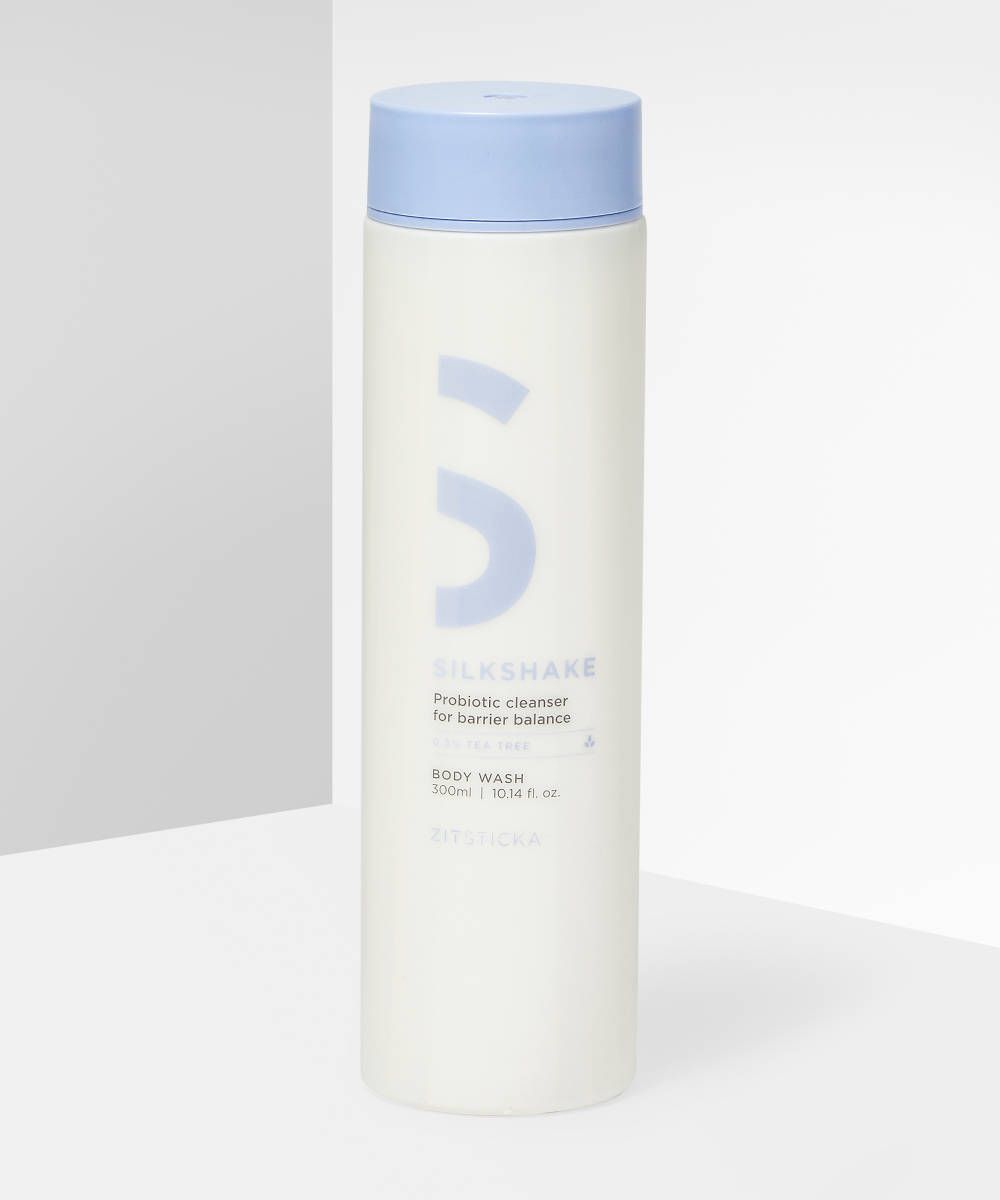
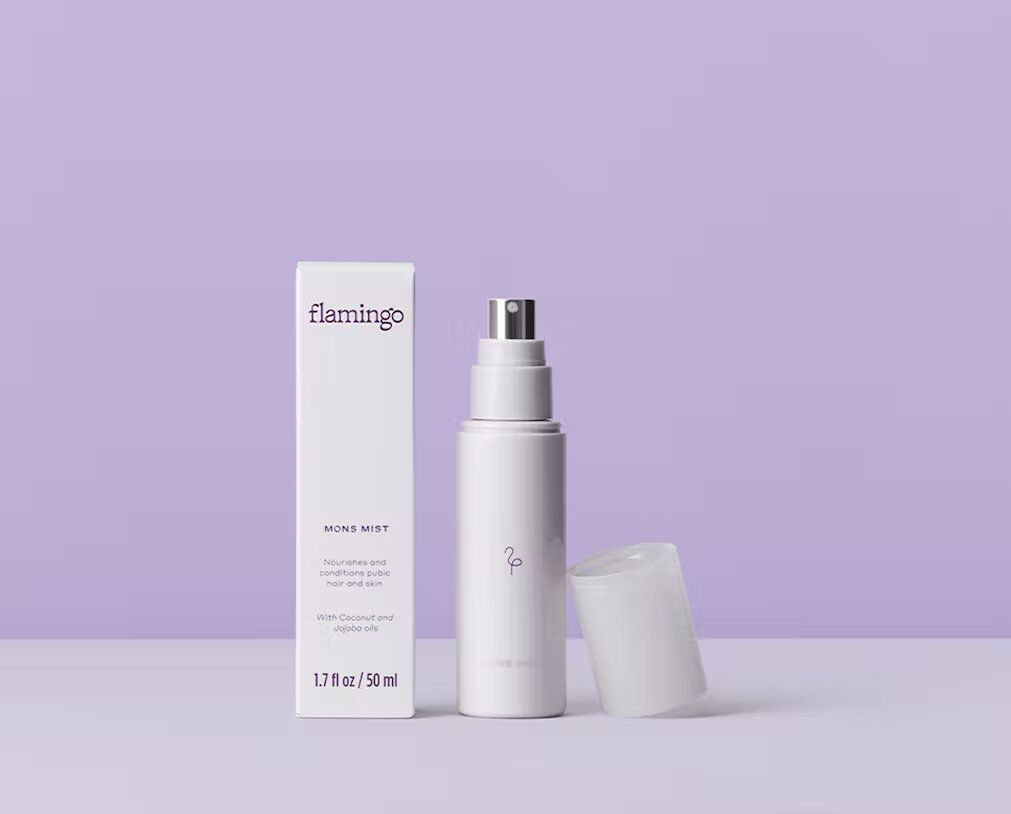
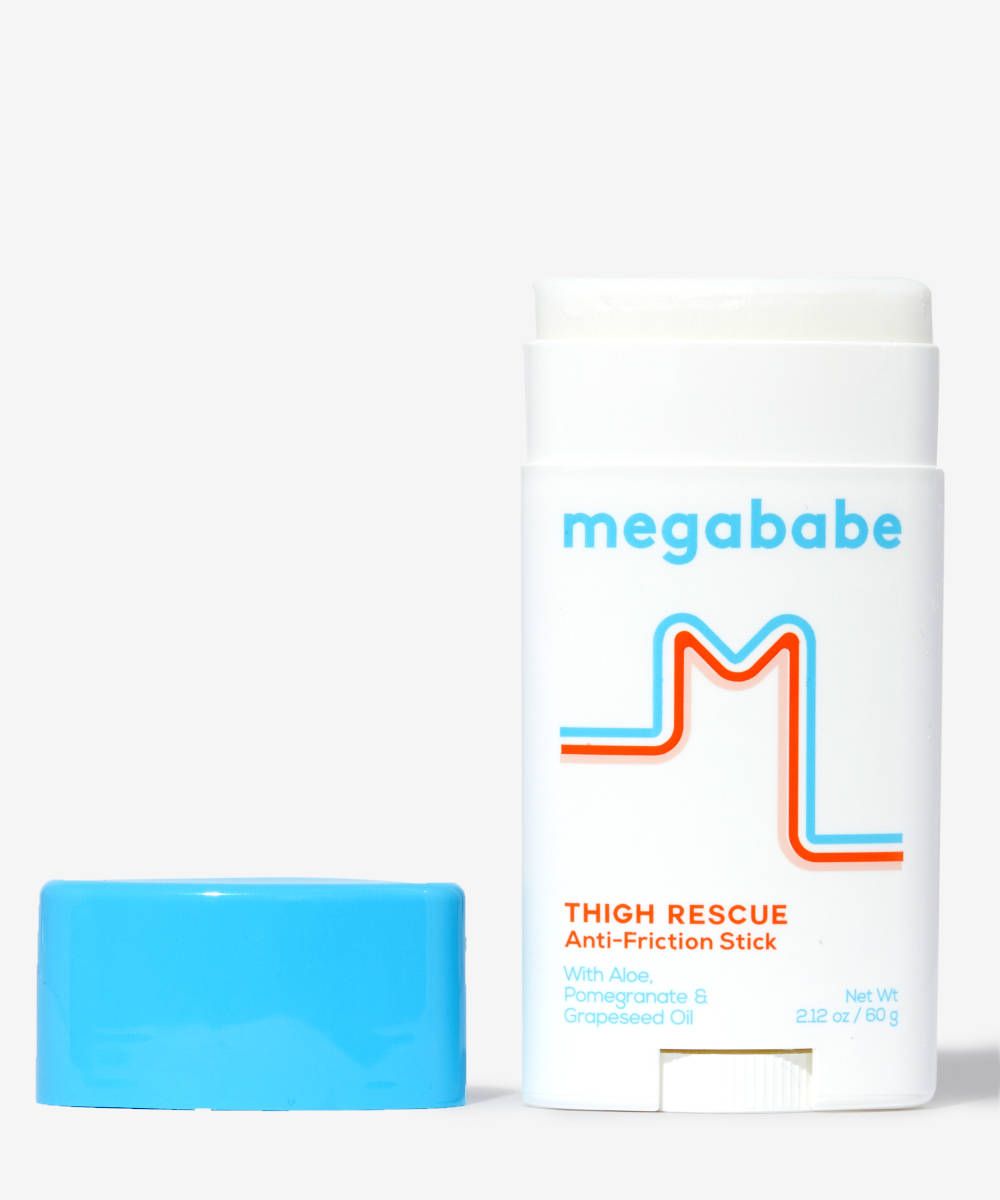
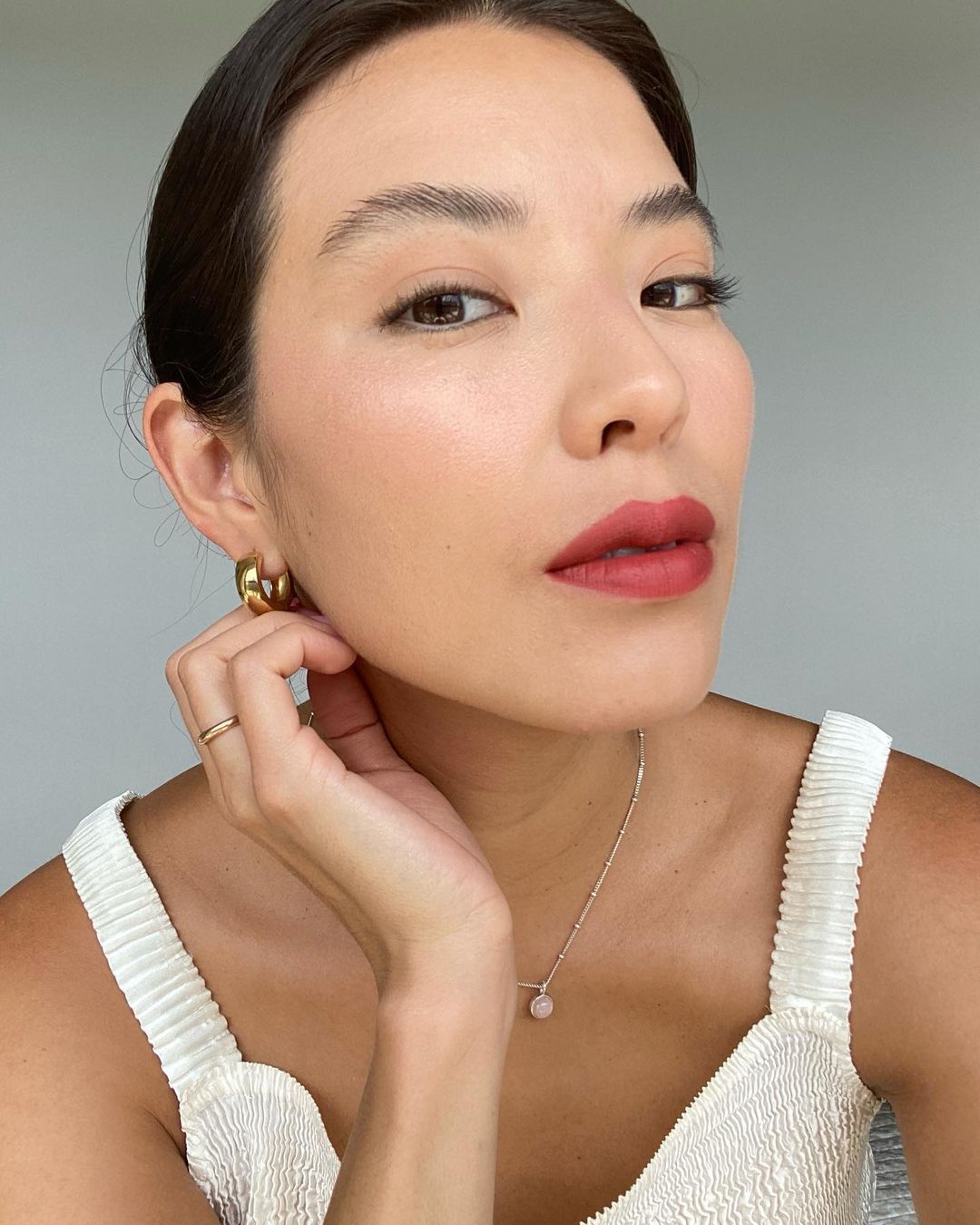
TikTok’s “clean girl” look isn’t going anywhere, and while on the outside it may seem like this is a makeup trend, it’s actually far more tied up in skincare. “With huge changes in routines like working from home, people want a lower maintenance look,” explains Bee. “Something that is always popular in searches is ‘glowy’ because people always want their skin to look and feel healthy, and I think that’s where this trend is rooted.”
The look is all about appearing fresh, glowy, and (seemingly) bare-faced, and while this may involve some clever concealing, it ultimately requires a lot of focus on skincare. Aside from skin-brightening products like acid-based exfoliants, gel moisturisers, and vitamin C serums, people are reaching for skincare-makeup hybrids, products that function like makeup but have skincare benefits. That’s right, we’re about to see a lot more tinted sunscreens, nourishing lip oils, and vitamin-boosted makeup primers, products, which essentially blur the lines between the skincare and makeup categories. The result? A fresh-faced, even-toned makeup look that also allows you to reap the benefits of what is basically an extended skincare routine.
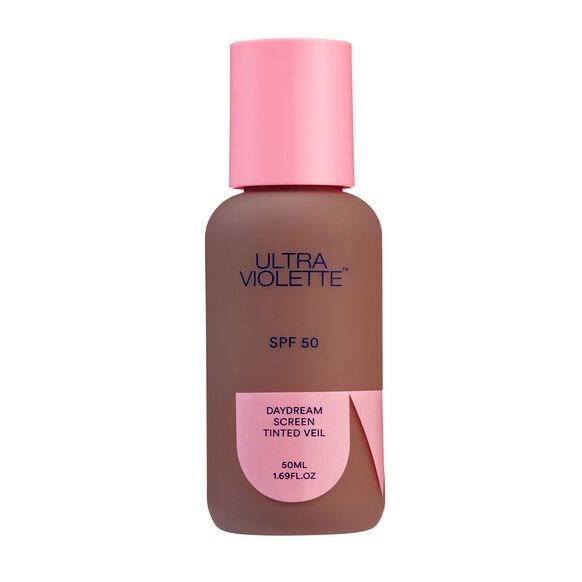
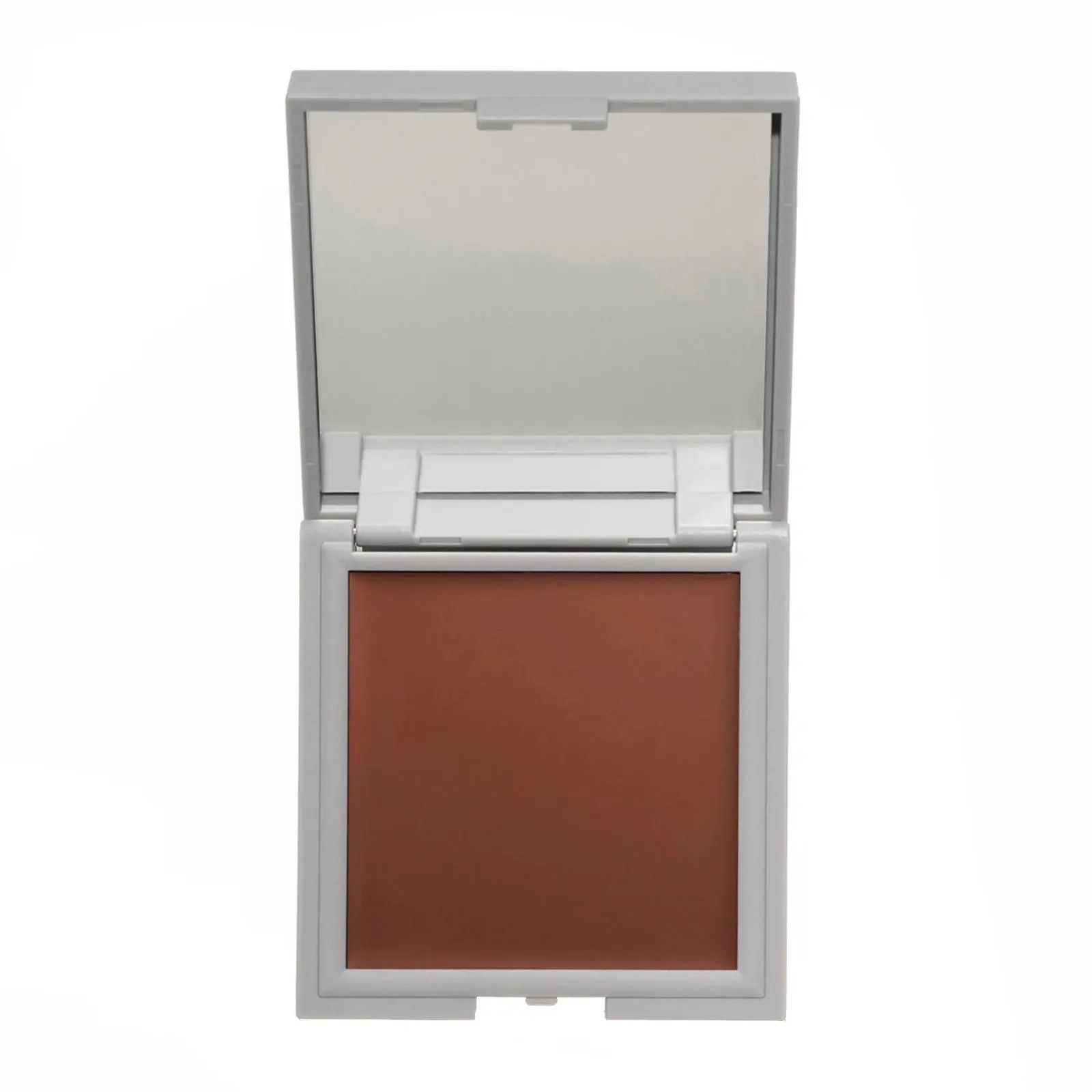
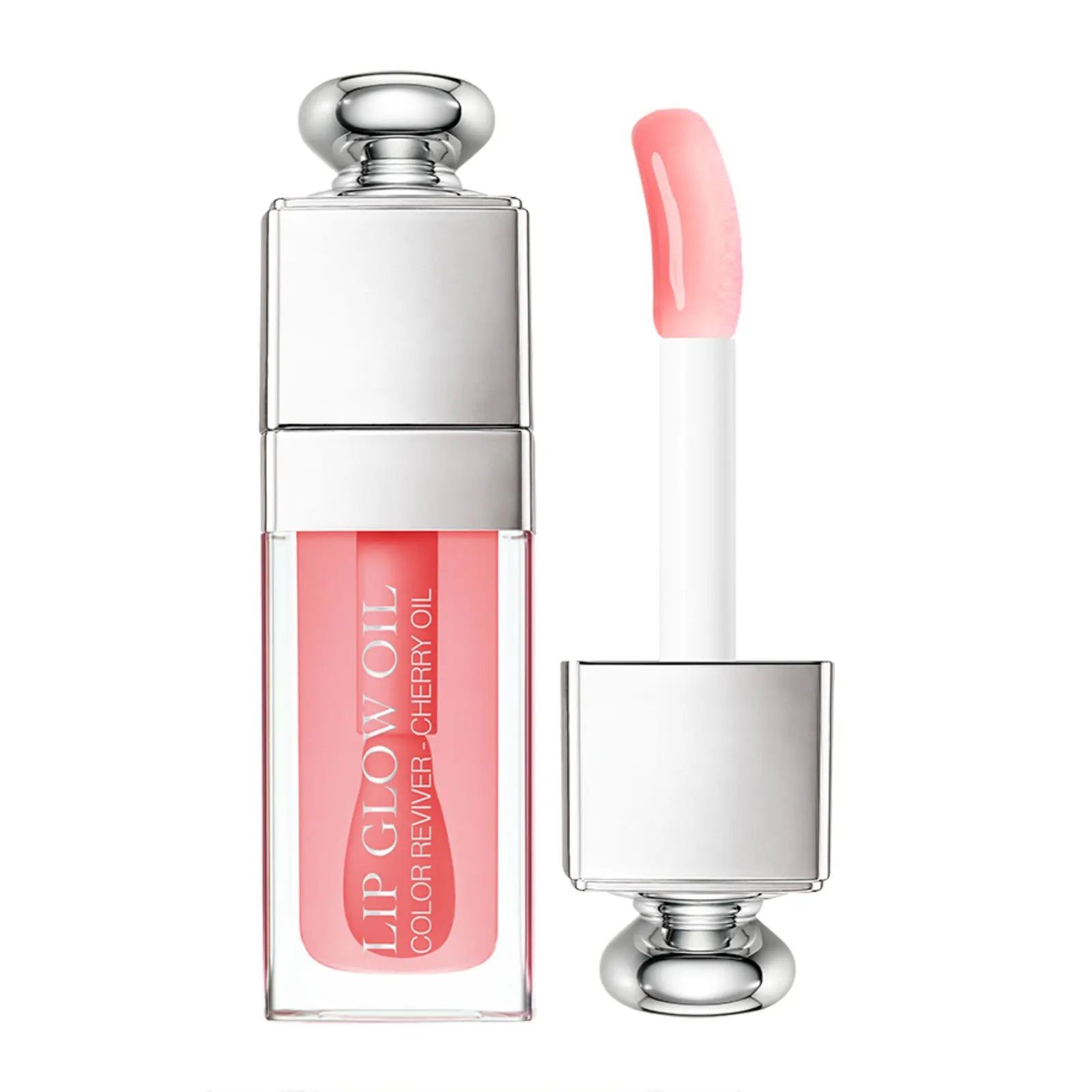
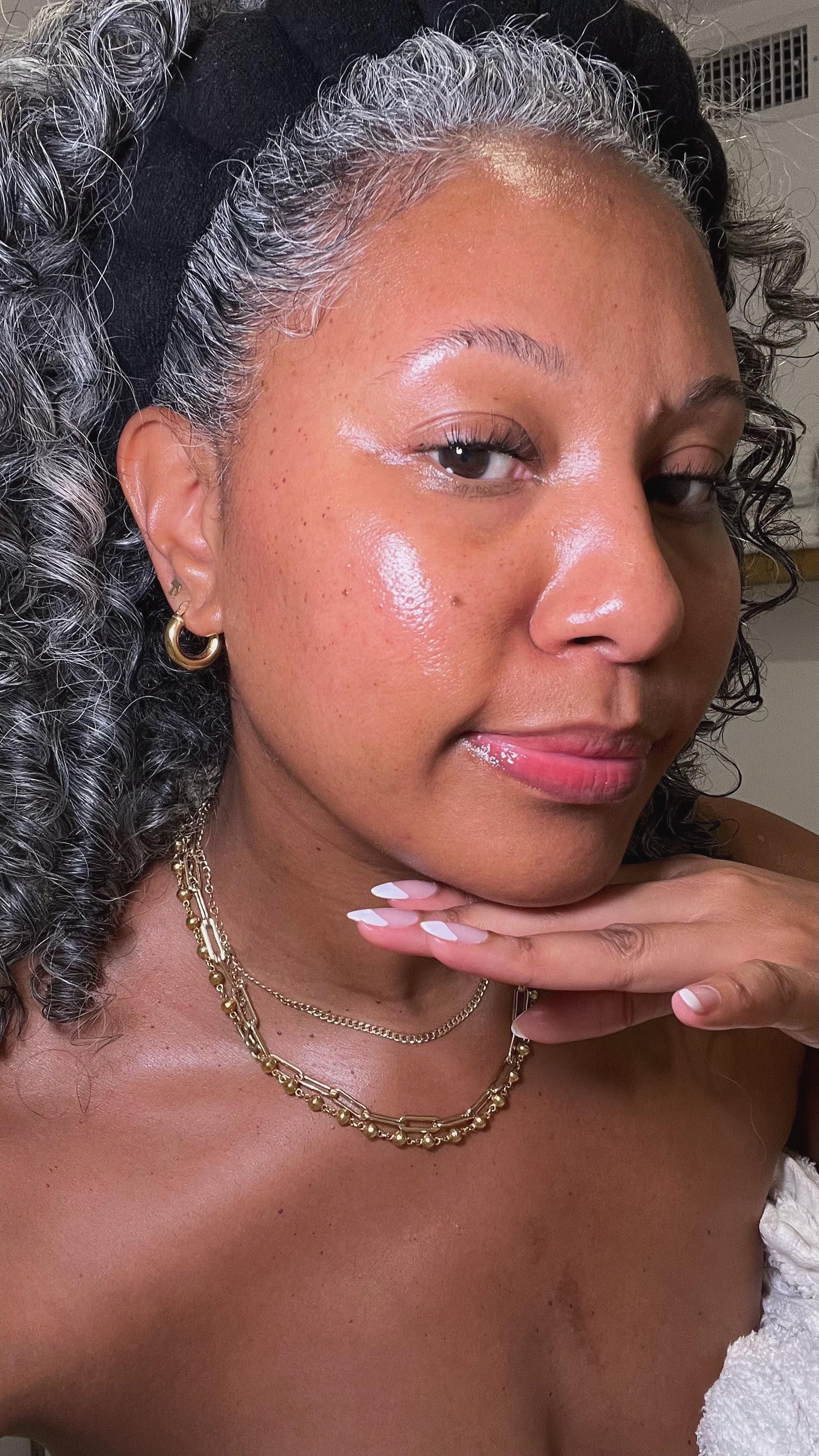
Ageing is a privilege, and it’s also inevitable, which makes the term anti-ageing somewhat redundant. Try as we may, no number of serums and treatments can permanently postpone the inevitable signs of ageing skin, and the term anti-ageing only serves to make us feel guilty about that fact. We’ve already noticed brands starting to take a more positive approach to things like acne, but 2023 is set to be the year that the mature skin category gets a revamp.
Last month, the Institute for Anti-Ageing (IIAA) rebranded as the Institute for Active Ageing, a move that highlighted the need for a more positive approach to skin concerns associated with age, like fine lines, wrinkles, hyperpigmentation, and loose skin. “Women in particular are feeling more empowered as they age, and they don’t want to be told that this is a bad process,” says the IIAA‘s co-founder and managing director David Alpert. “At the IIAA we’ve always embraced ageing in a very positive sense, but there’s no such thing as ageing gracefully, so one has to intervene to reverse the biomarkers of ageing by taking an active role.”
But don’t worry, this doesn’t mean your favourite wrinkle-targeting products and ingredients are going anywhere, just expect brands to take a slightly different approach to push back against ageist beauty standards.
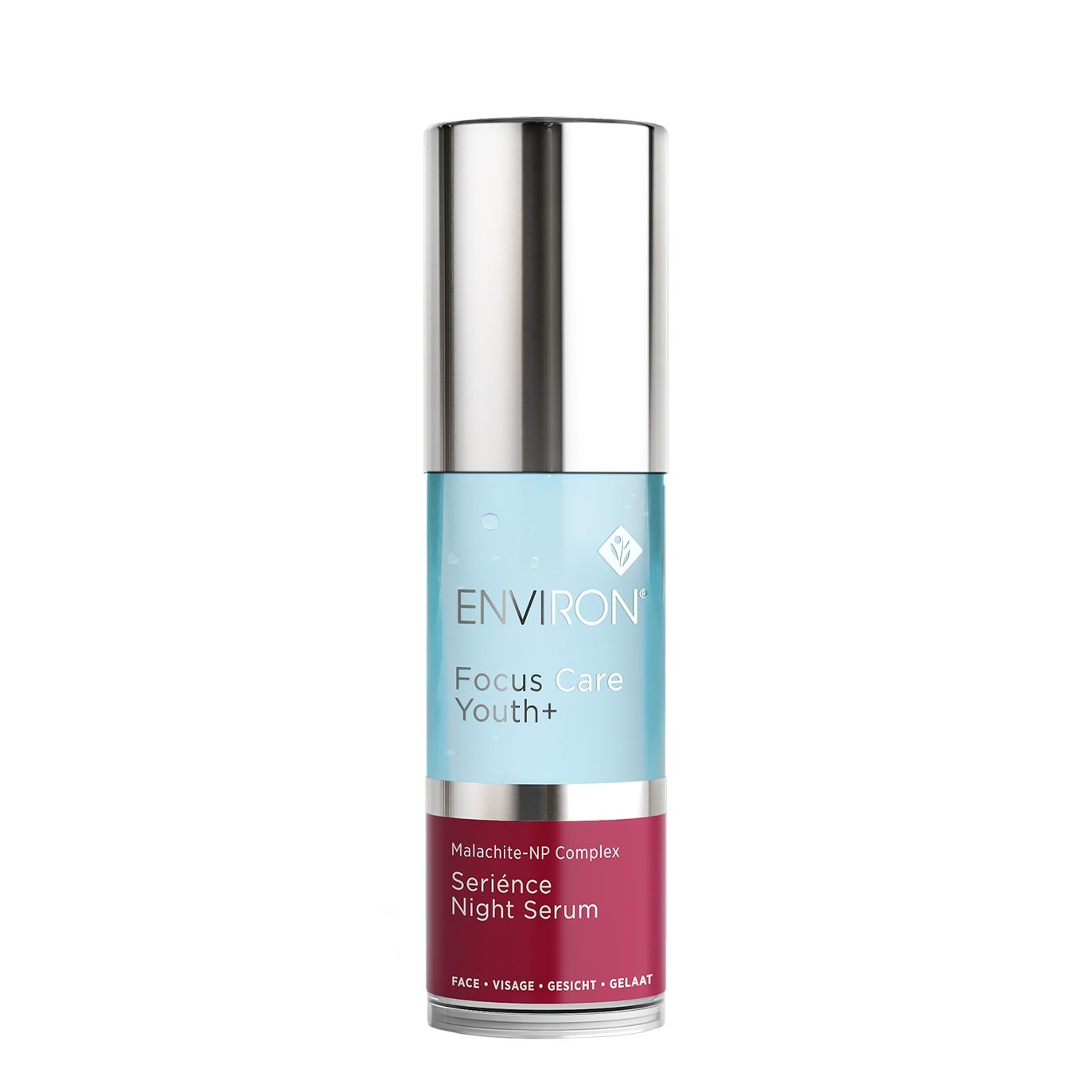
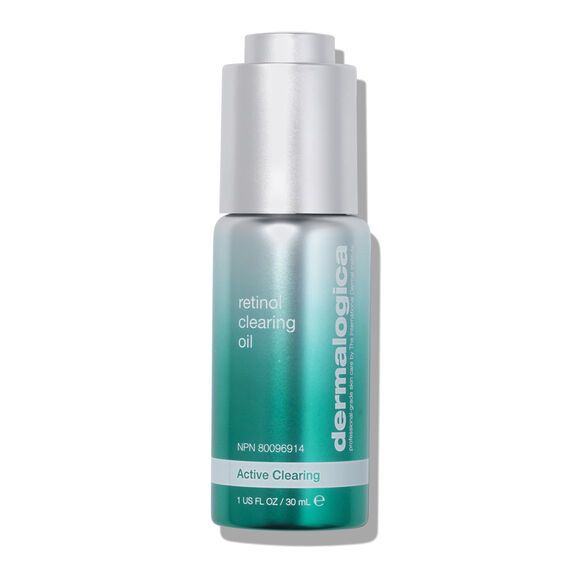
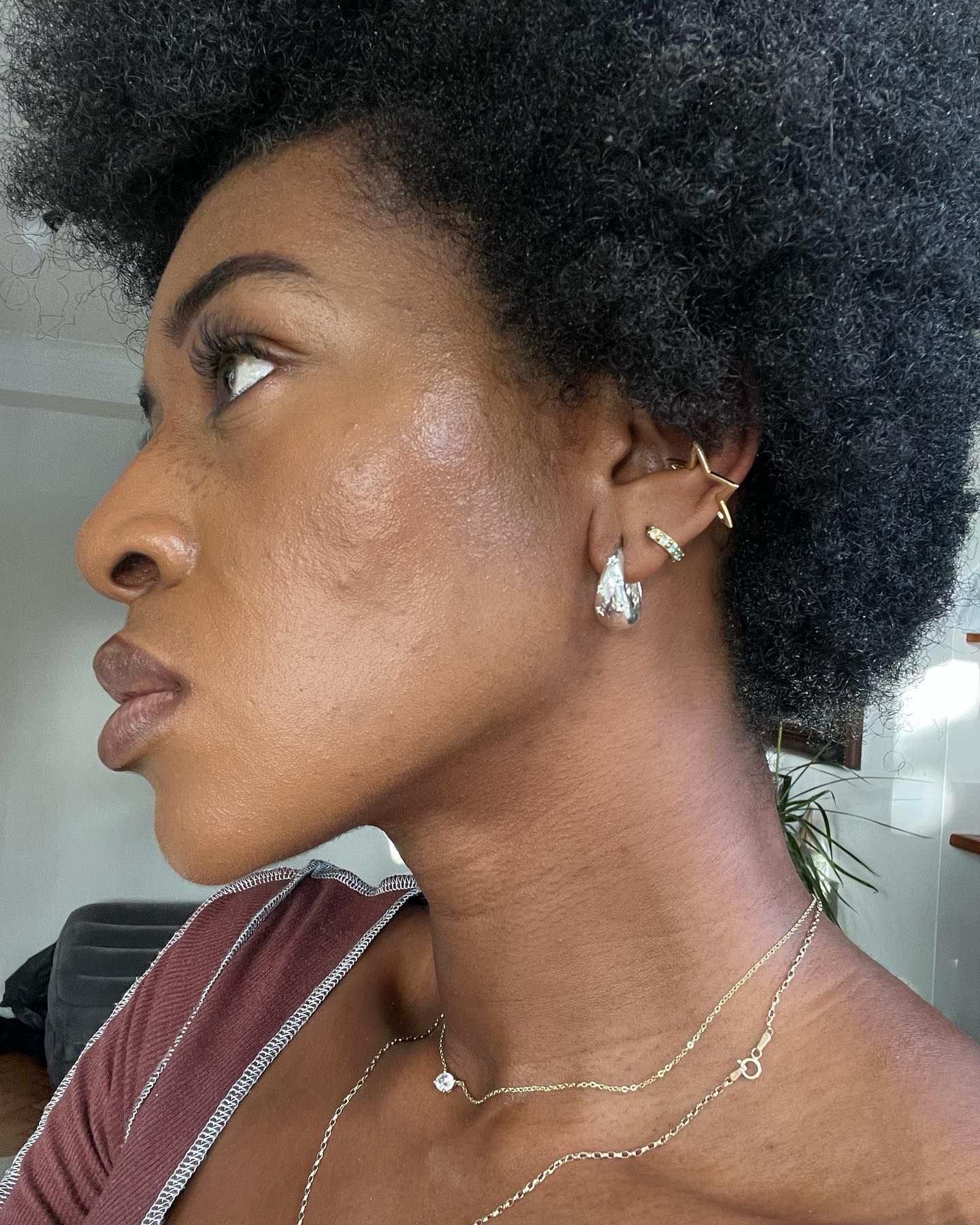
Triggered by stress, anxiety, and the over-use of active ingredients like exfoliating acids, sensitive skin is on the rise, and as a result, products for sensitive skin are on the rise too. “Many people experimented with DIY skincare during the pandemic, so between choosing the wrong products for their skin, introducing too many products at once, and using DIY skincare, it’s unsurprising that there is now a huge trend for skincare for sensitive skin,” says Heather Wish, education specialist at Paula’s Choice. “In addition, two other factors that can bring sensitivity to skin are stress and pollution, so with the rise of all of these factors, it’s no wonder people are looking towards skincare made for sensitive skin.”
We’ve all been there—a few too many products layered or an overenthusiastic exfoliation session leaves us with skin that’s sore, itchy, and inflamed. But what’s the solution? According to Wish, the most important thing you can do for sensitive skin is to be gentle, so while sensitivity is occurring, you’ll need to cut back on active ingredients and focus on soothing, hydrating ones instead. “Well-known ingredients such as glycerin, hyaluronic acid, ceramides, andomega fatty acids continue to play an important role,” says Wish. But she predicts a new wave of innovation in products for sensitive skin. “Ingredients like mushrooms, prebiotics, seaweed, prickly pear, gentle vitamin C derivativesand peptides can be used for those with sensitive skin to get soothing comfort and skincare benefits at the same time,” she adds.
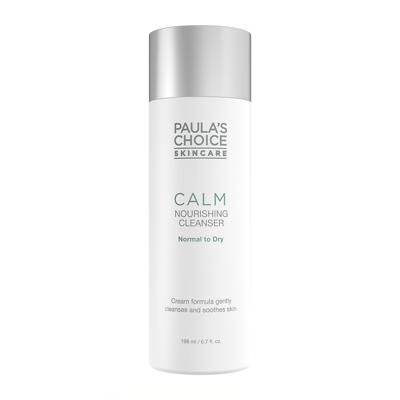
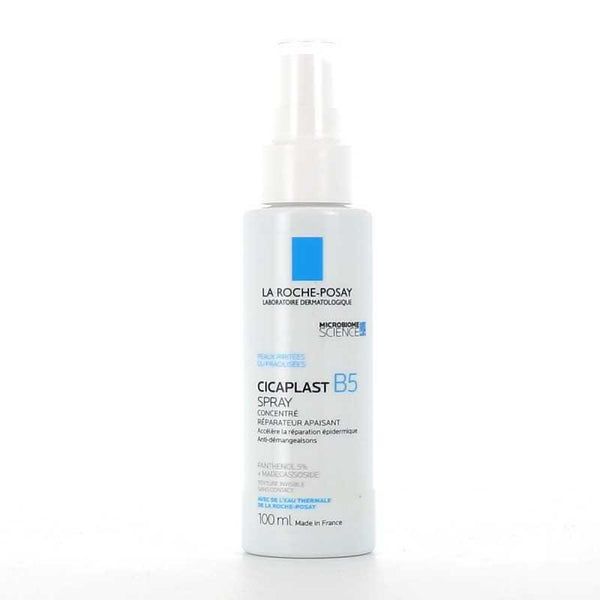
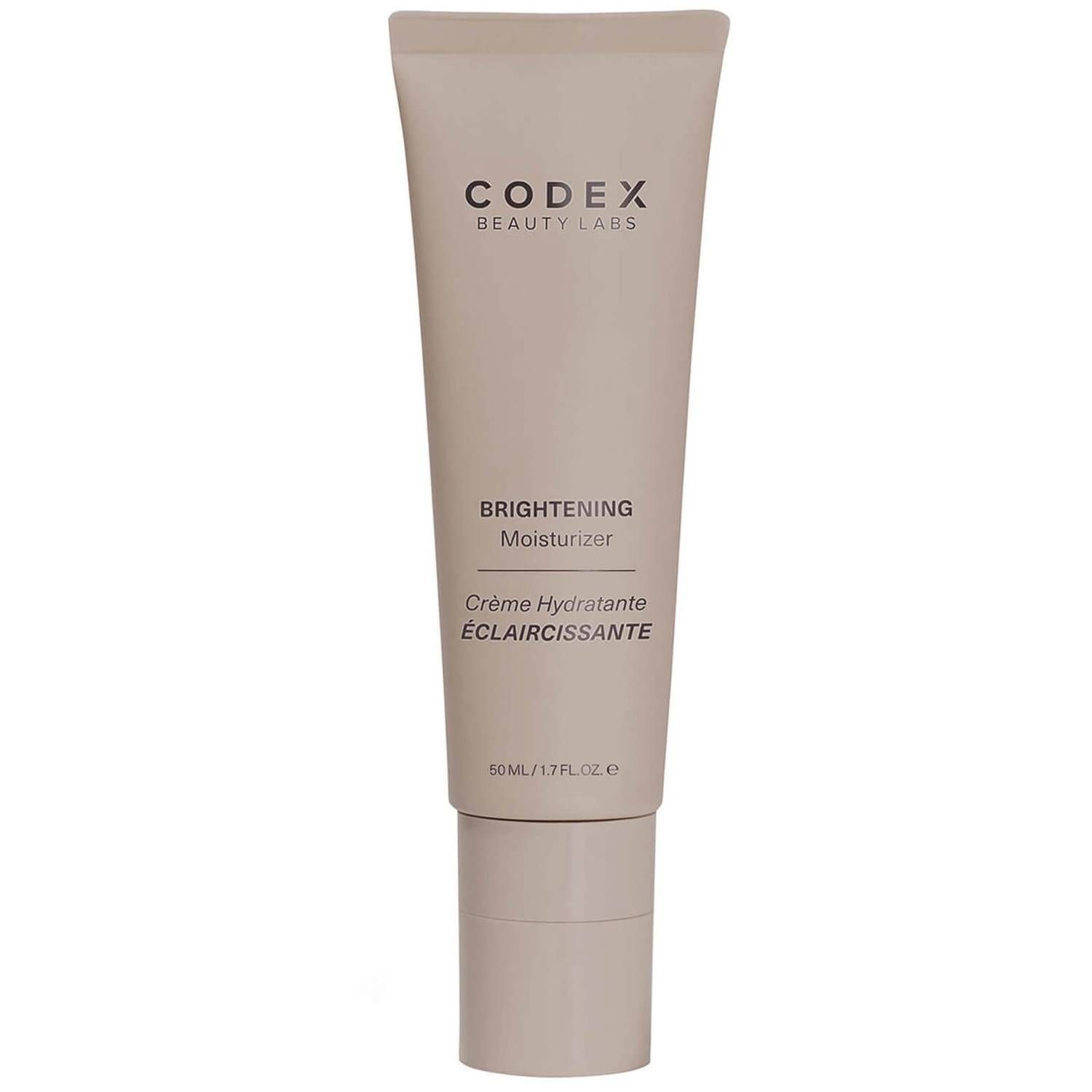
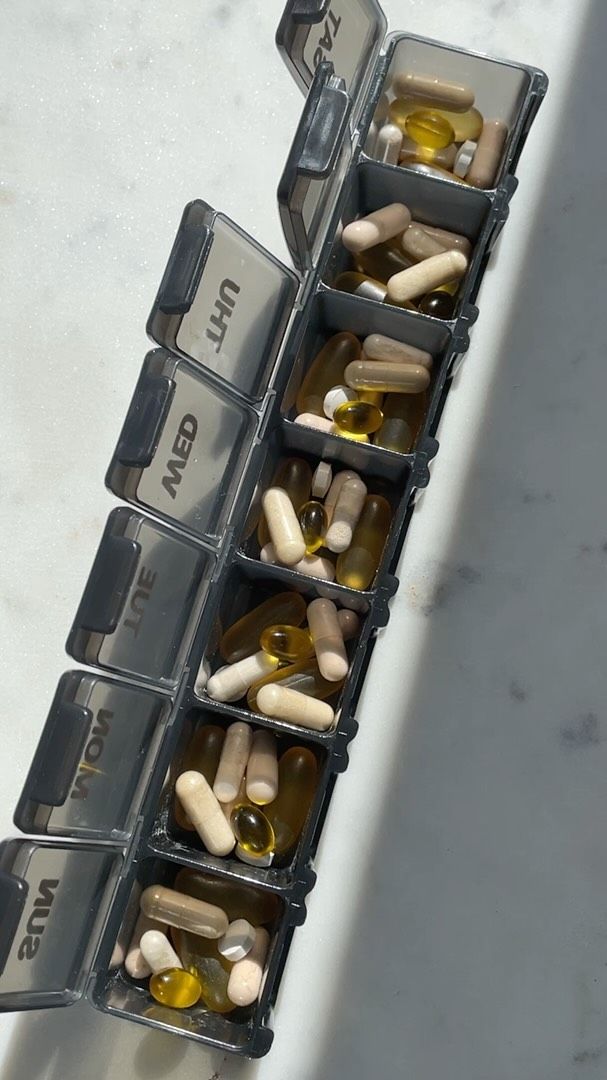
Brands aren’t just focussed on topically treating the skin these days, and in 2023, we’re set to see even more of our favourite skincare brands step into the supplement space. Products applied to our skin can only do so much, so oral supplements created specifically with skincare benefits in mind allow us to take a 360-degree approach to skincare by supplying skin with beneficial vitamins and nutrients from within.
This trend really feeds into a wider less-is-more movement within beauty. “We can only layer so many products on our skin without it freaking out, but we can easily take powders or capsules,” says Hannah English, scientist and author of Your Best Skin. “A lot of people also just love skincare and want to do everything they can for optimal skin health, and some find it easier to ingest their skincare than apply it.”
When it comes to shopping for skincare supplements however, it’s a whole new ball game. “There’s less burden of proof for a supplement than for a medicine, so keep your expectations realistic,” advises English. “For example, supplementing collagen can improve skin’s hydration and elasticity in women, but you need to use one that’s high-quality with the lowest possible molecular weight of collagen.” She also recommends always looking for clinical trial data on the finished product.
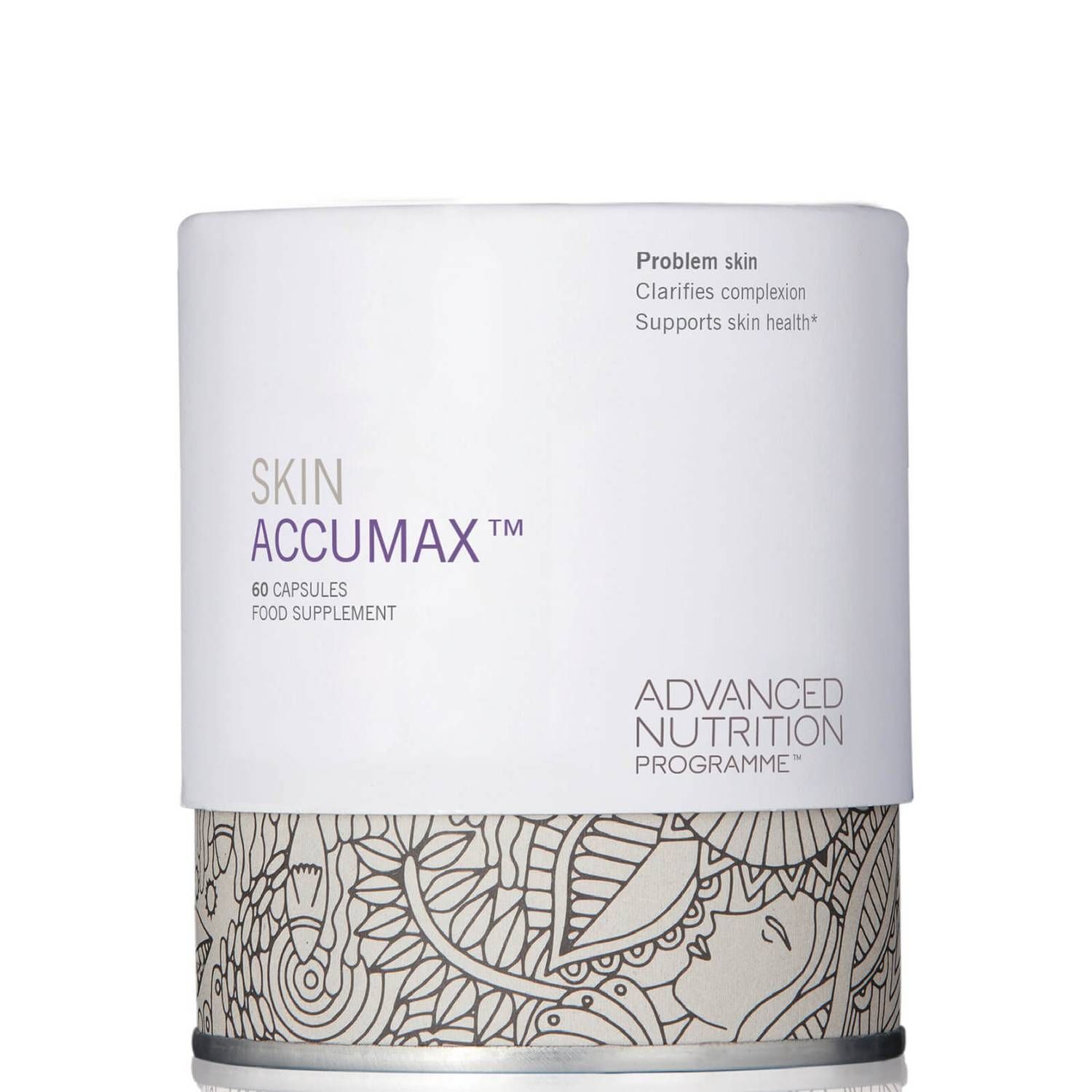
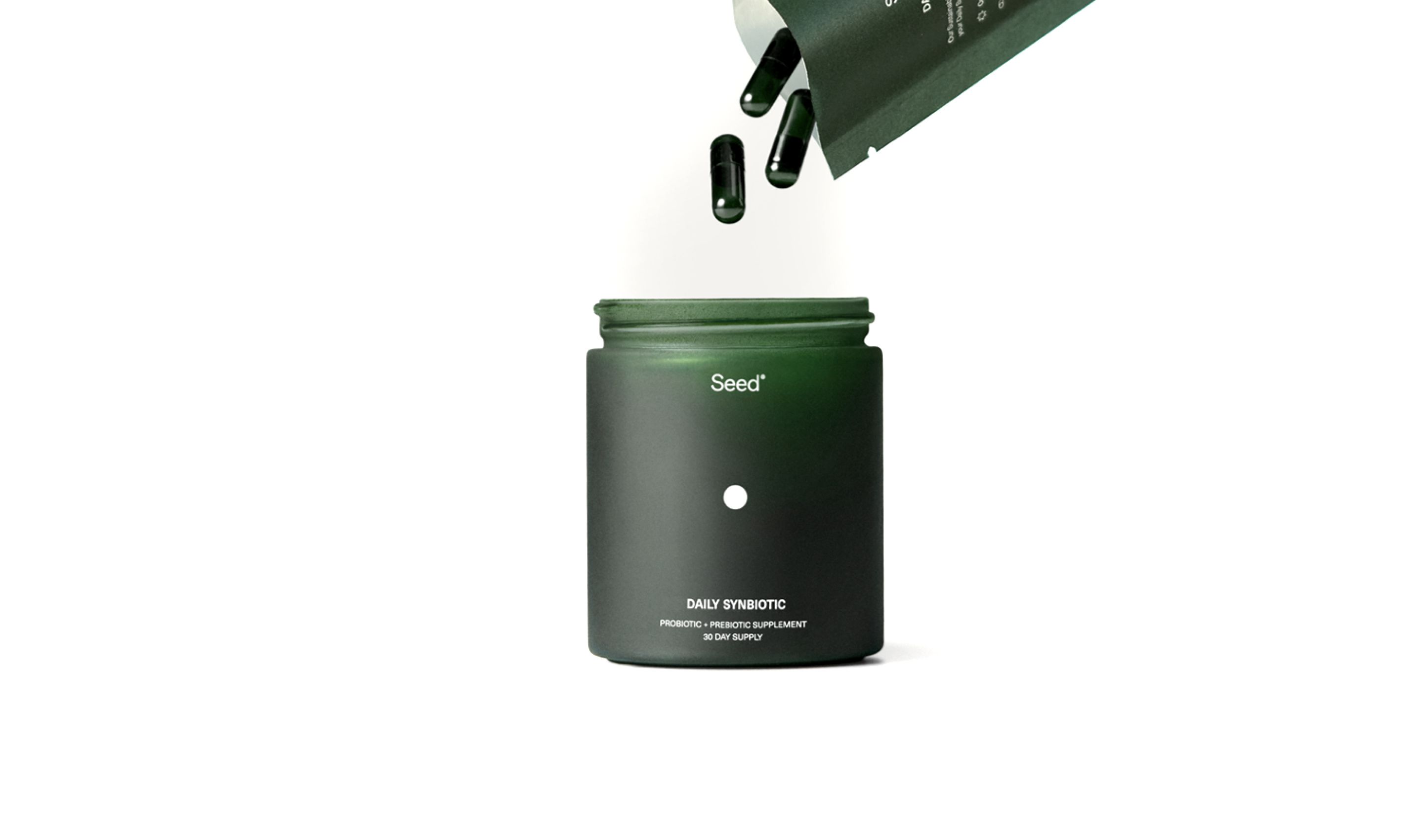
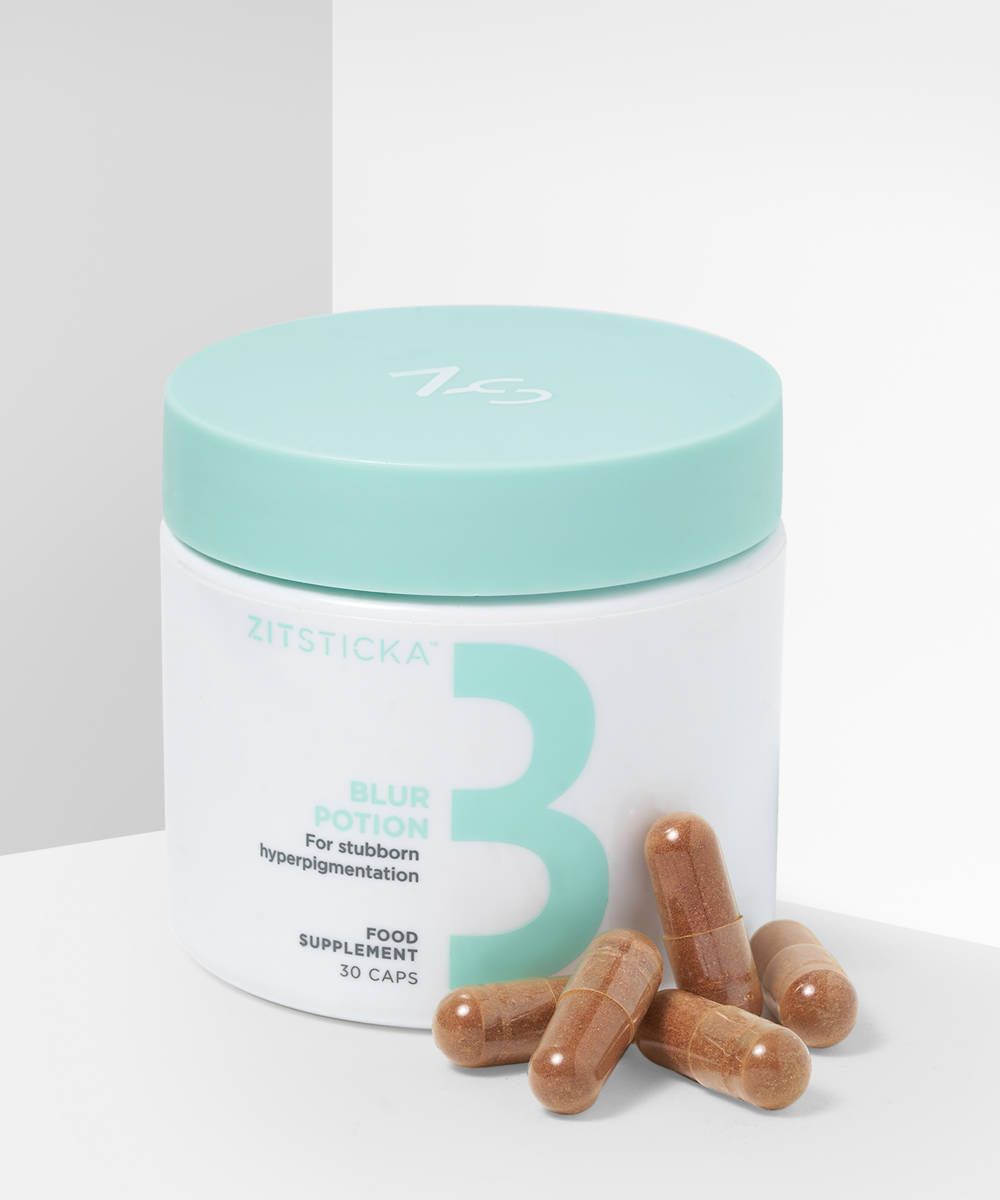
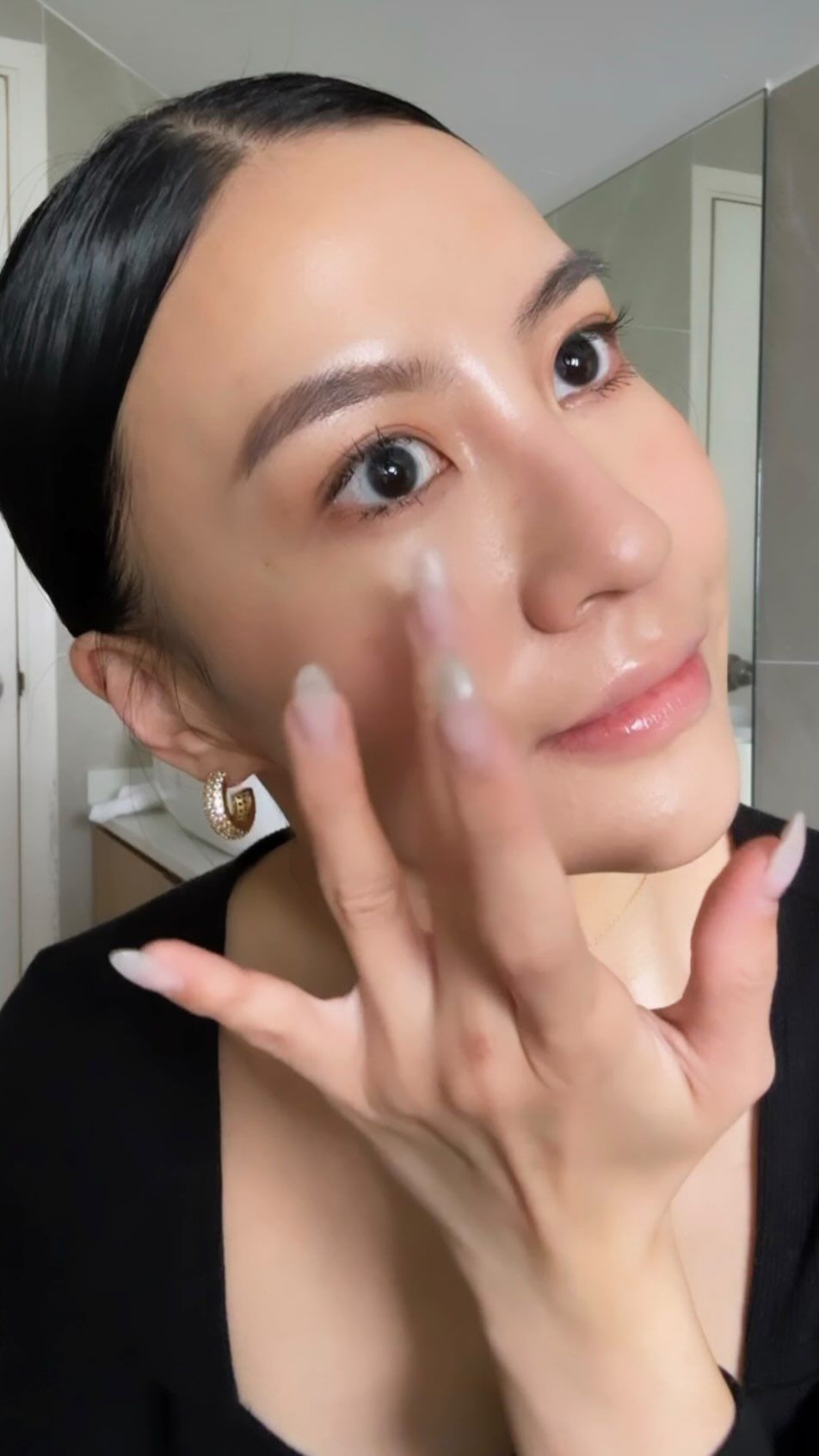
As consumers become increasingly interested in the science of skin health, a science-first approach to skincare is taking over, which many, including English, see as a welcome backlash to the “clean beauty” movement. “People are so much more informed now,” says English. “We know that pure vitamin C is better than a fruit extract ‘rich in vitamin C.’ We know that natural does not mean better. We want more than misplaced fear from our favourite brands.”
Marko Lens, founder of skincare brand Zelens, agrees. “People have an increasing amount of knowledge of their skin type, products, and ingredients. They are seeking efficacious and clinically proven products to add to their skincare routine,” he says. “The research and knowledge behind science-based and doctor-founded brands gives customers the reassurance that they are using targeted and results driven products.”
There’s also increasing awareness of the fact that drawing upon natural resources to create skincare products is not sustainable and is not efficient to supply chains, which WGSN predicts will mean a new wave of science-led skincare brands creating products using engineered natural ingredients. Basically, as we enter 2023, expect to see buzzwords like biotech, lab-grown, and doctor-founded thrown around a lot in relation to skincare products and ingredients.
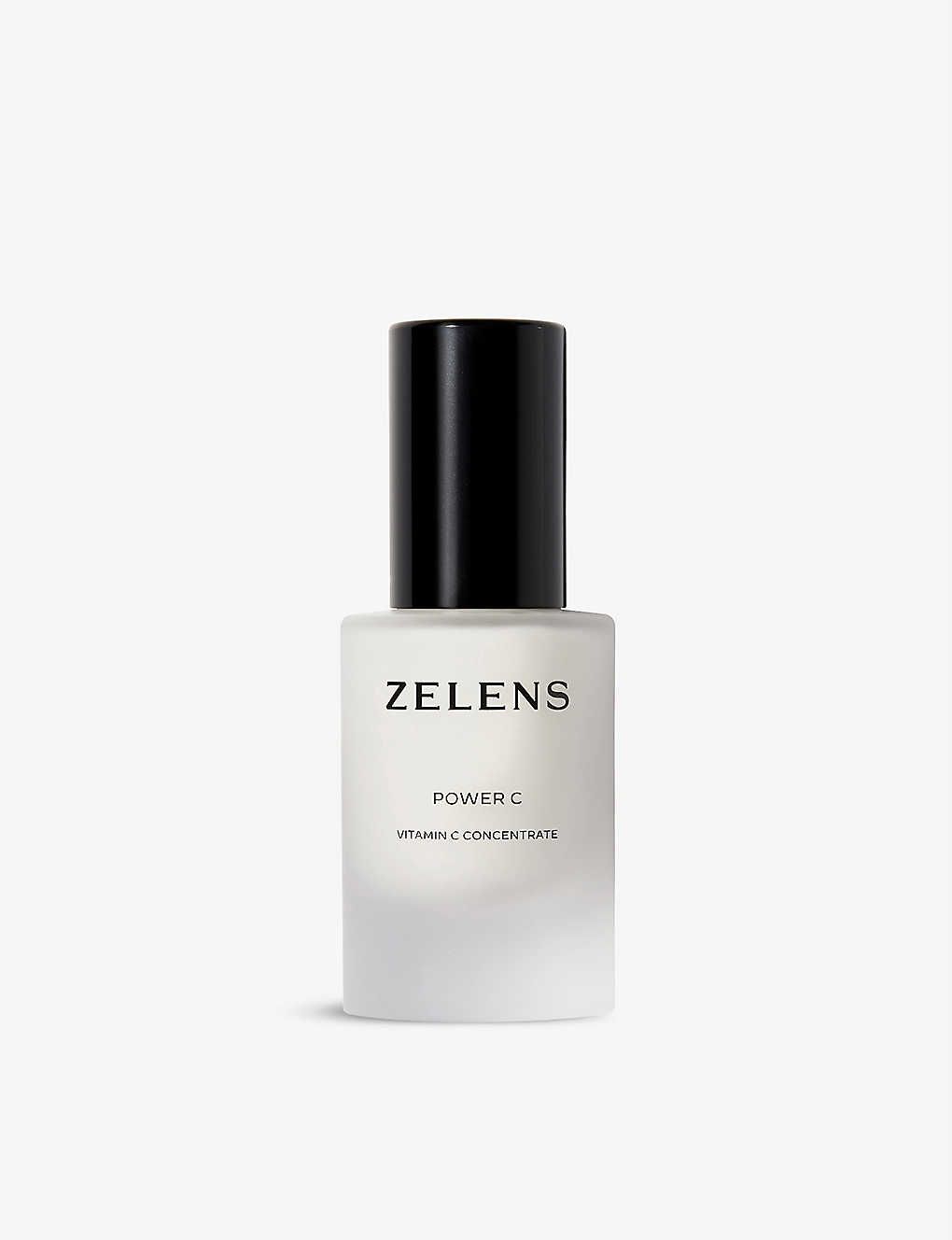
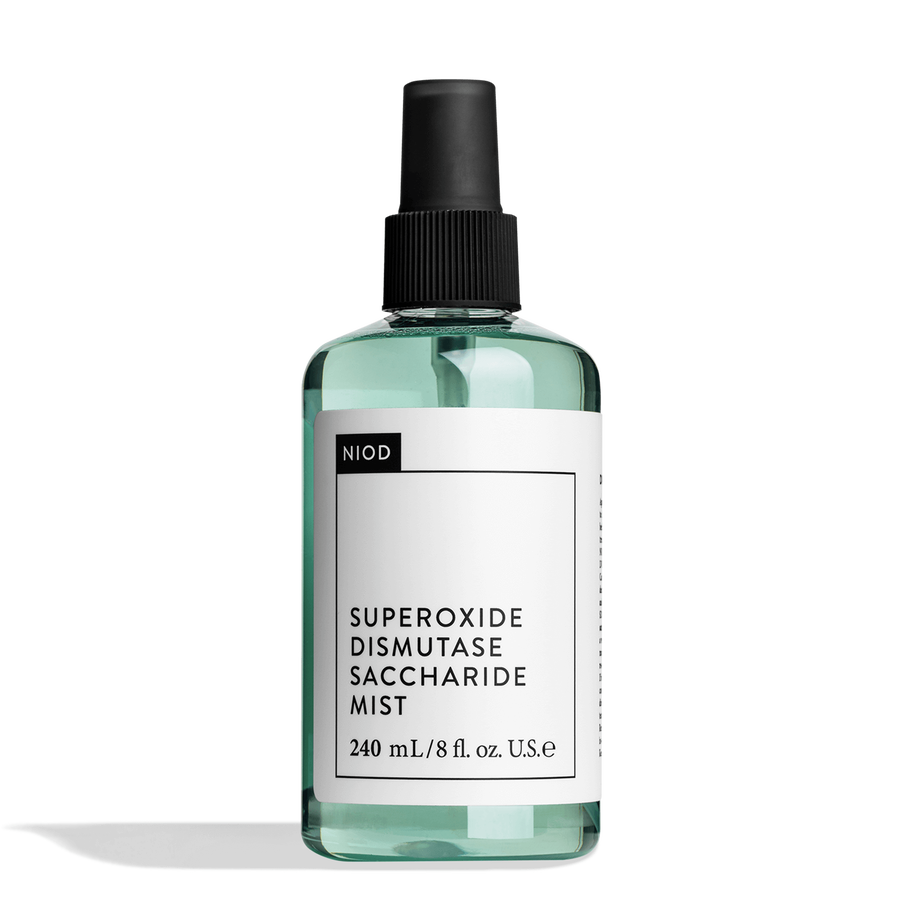
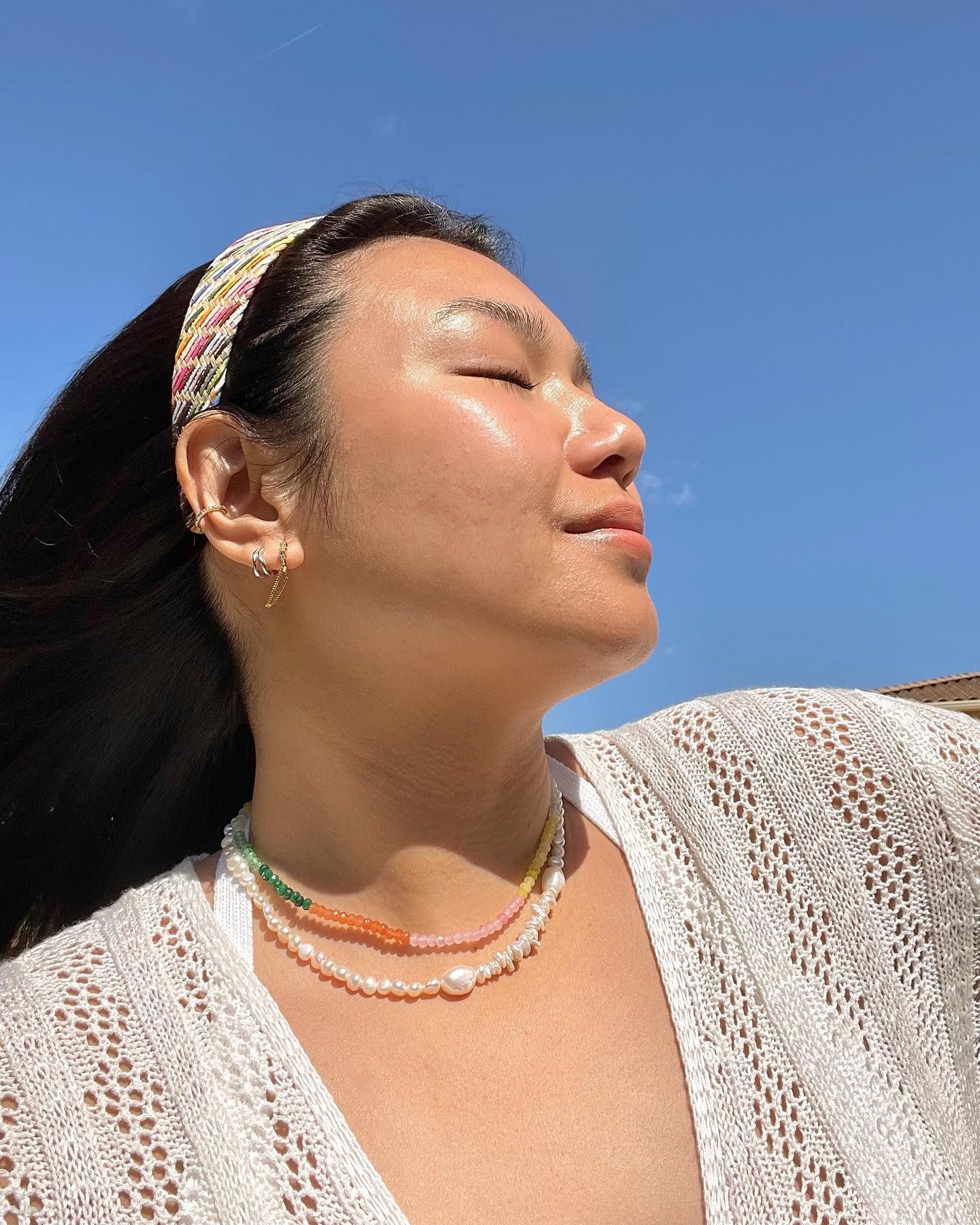
There’s always one ingredient that comes to define each year, and this year we’re calling it that hypochlorous acid is about to become a lot more mainstream. “The ingredient isn’t exactly new, it’s become extremely buzzy as of late,” says dermatologist Sonia Khorana. “It basically disinfects your face. Its antibacterial and anti-inflammatory properties make it a great treatment for a variety of skin challenges, so it’s used for common skin problems like acne, eczema, and psoriasis and pretty much anyone and everyone can benefit from in some way, shape, or form.”
Since it feeds into the trends for sensitive skin and science-backed skincare, it makes sense that hypochlorous acid will become a staple ingredient in your routine before too long.
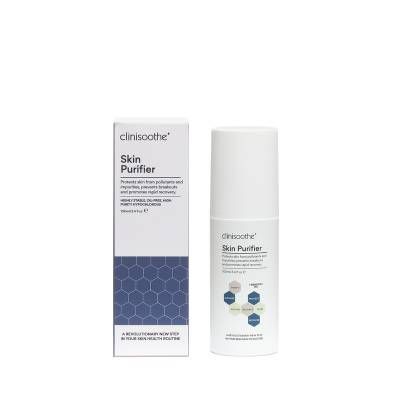
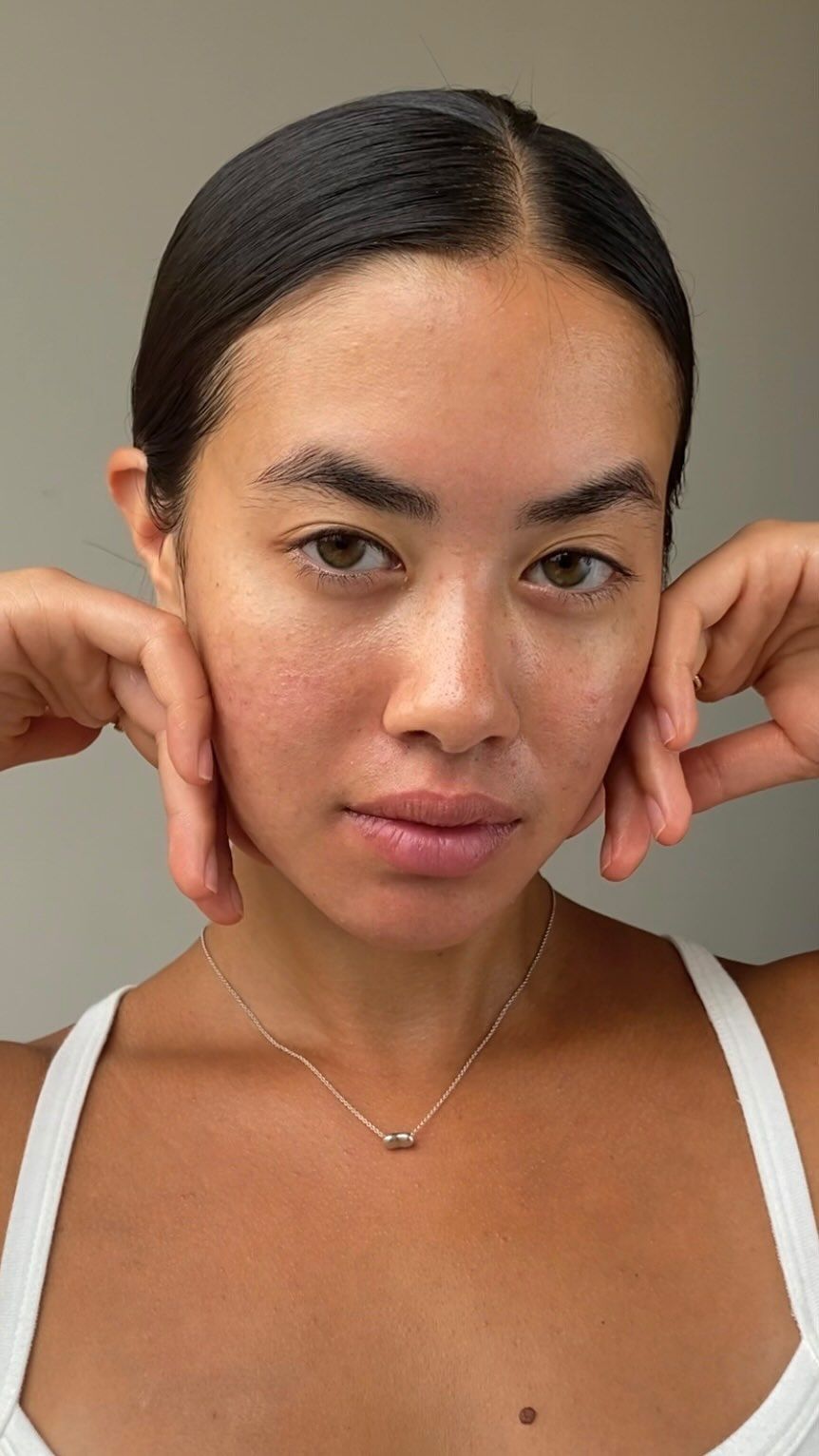
We’ve already raved about the benefits of short contact therapy, and we’re calling it that the derm-approved application technique will be all over your TikTok feed in 2023. In short, it’s a sensitive-skin-friendly technique that allows you to see the benefits from active ingredients like retinoids and exfoliating acids, without the irritation.
Rather than leaving products containing these ingredients on your skin for too long, you apply them for just a couple of minutes and then rinse them off. “It’s great for things like retinoids or benzoyl peroxide,” says facialist and skin expert Charlie Perry. “And it helps improve the tolerability of a product where normally the skin needs time to adjust.”
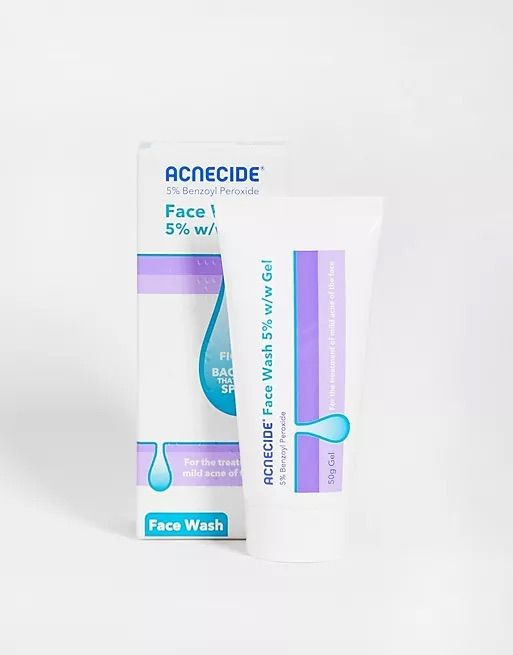
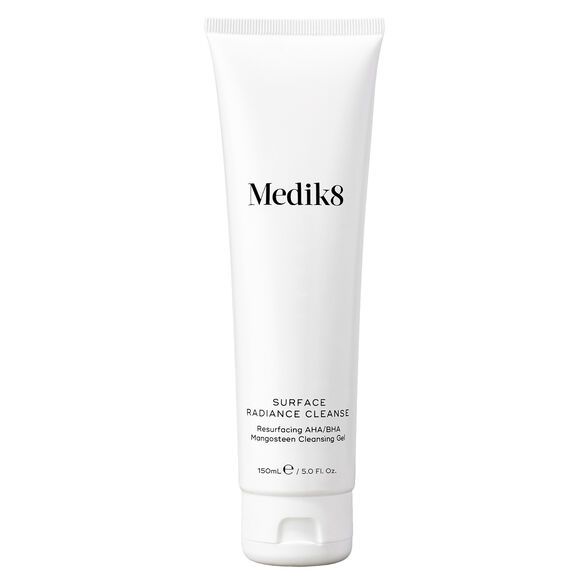
Up Next: 7 Skincare Application Mistakes You’re Probably Making and How to Avoid Them
This story was originally published at an earlier date and has since been updated.


